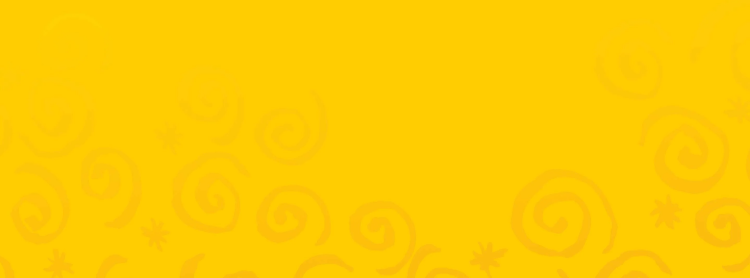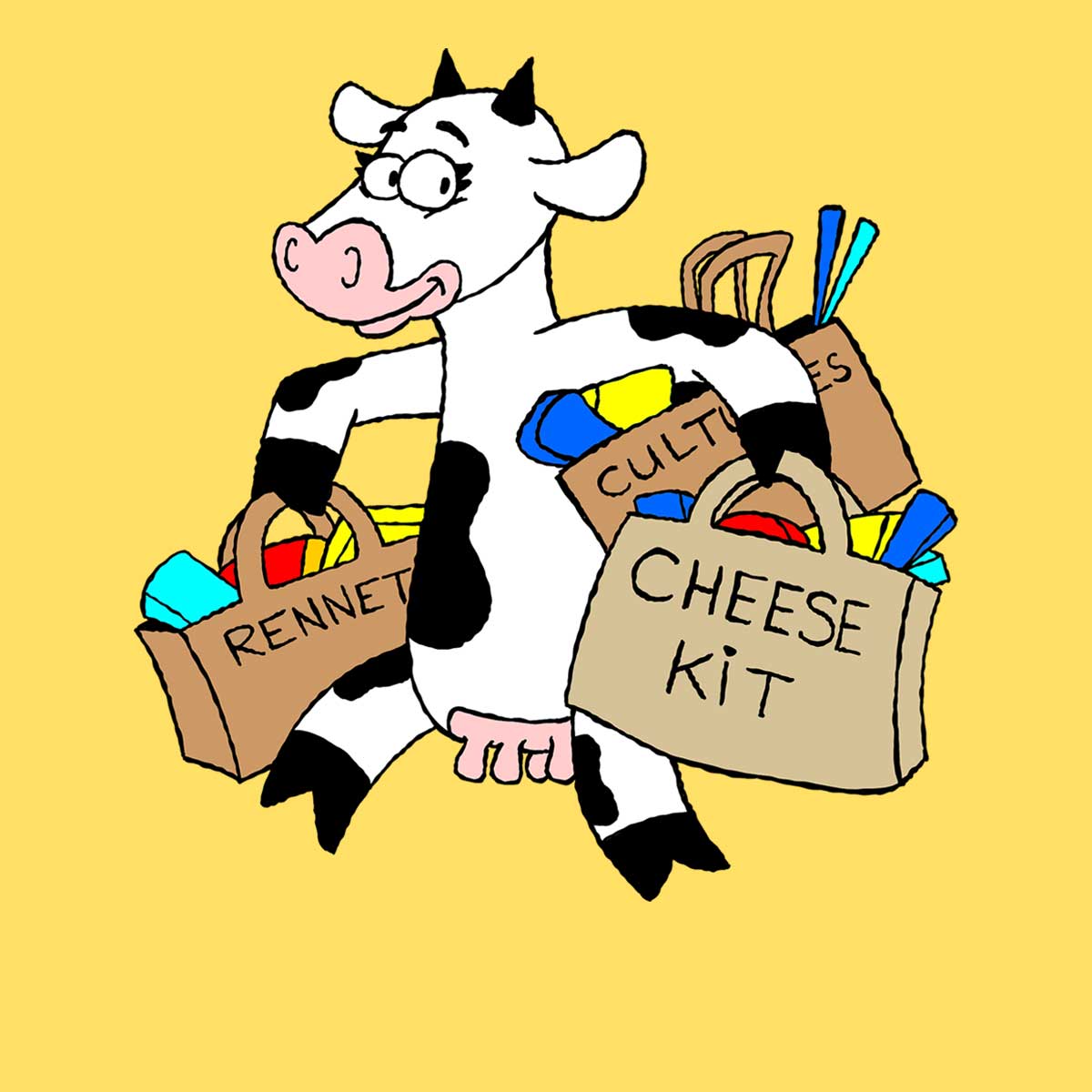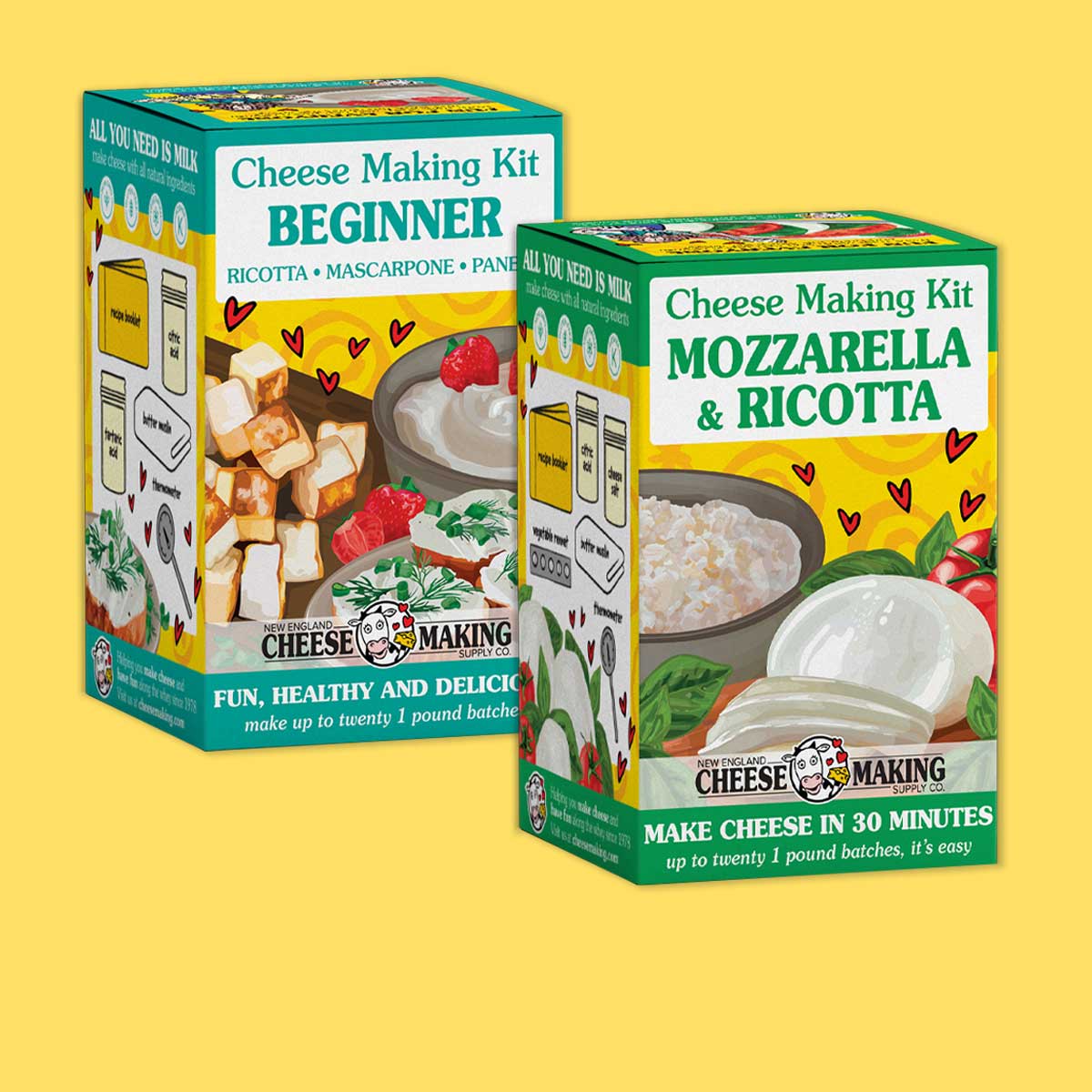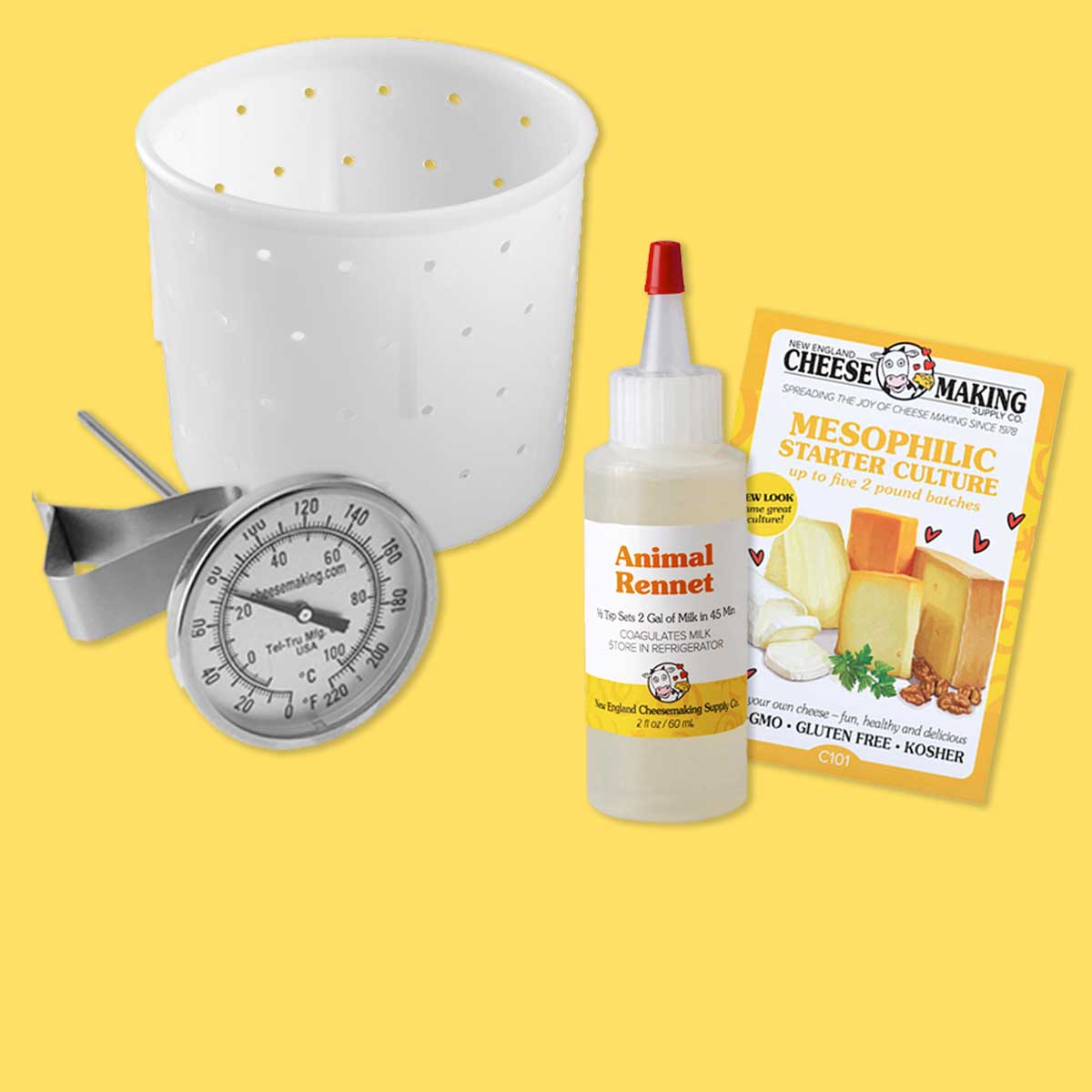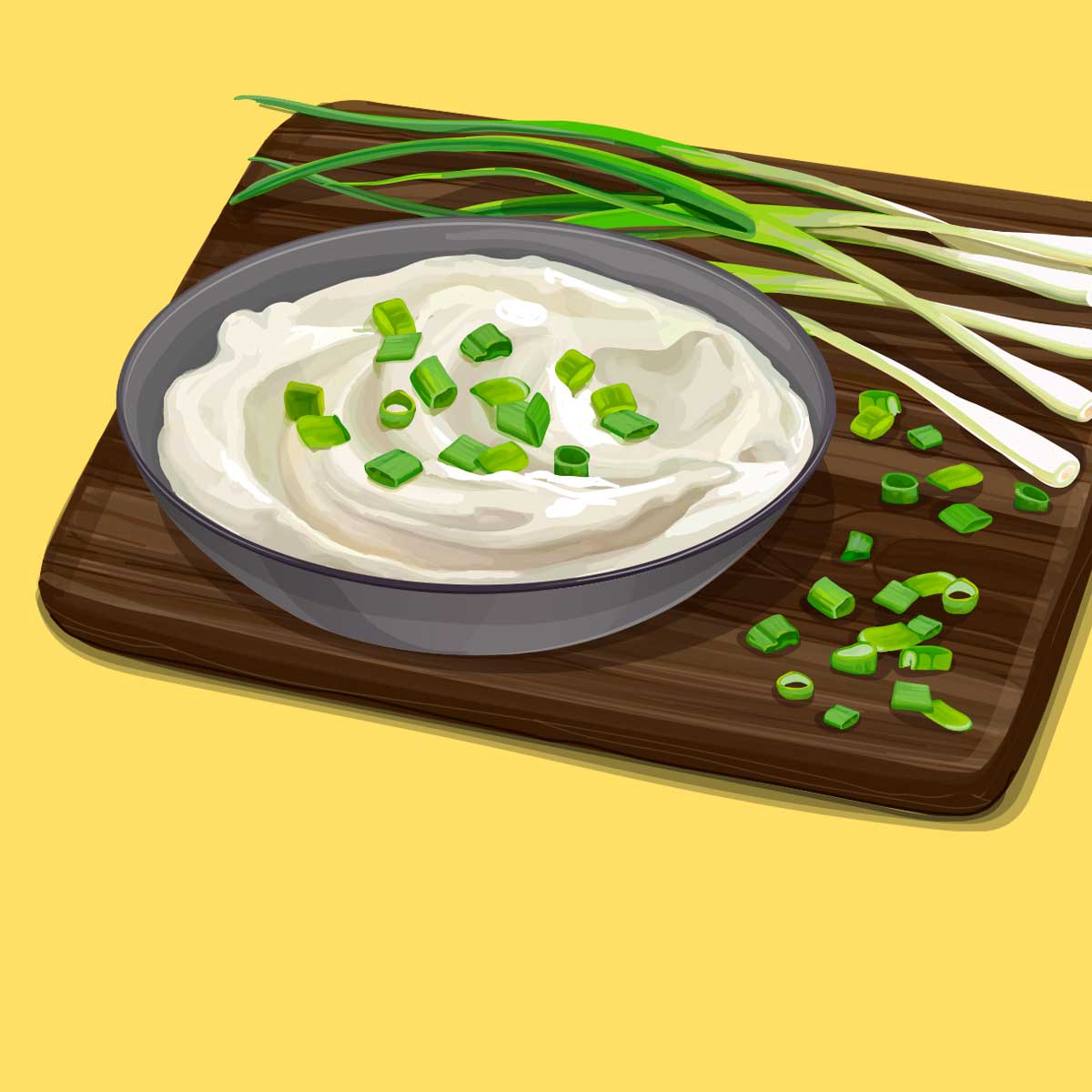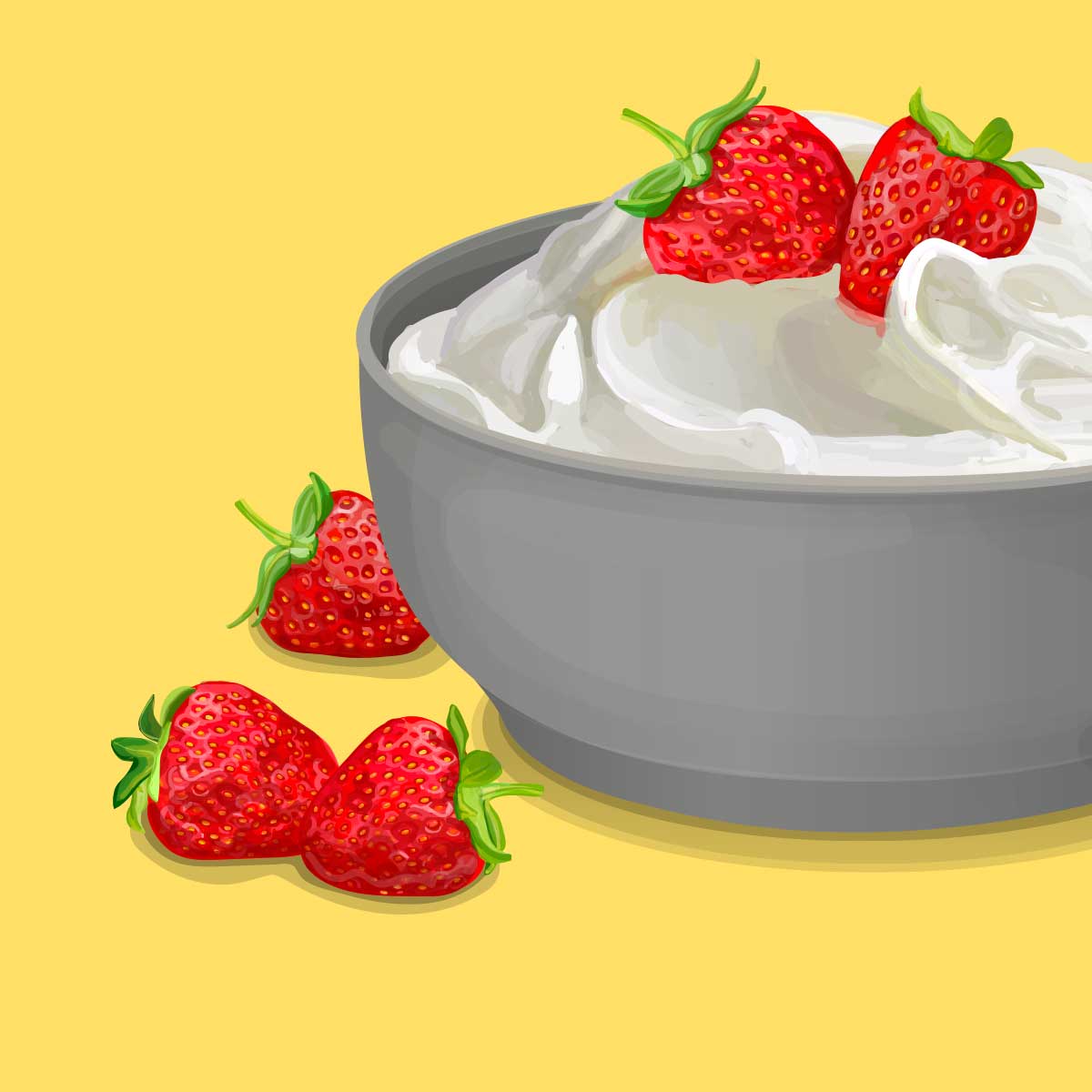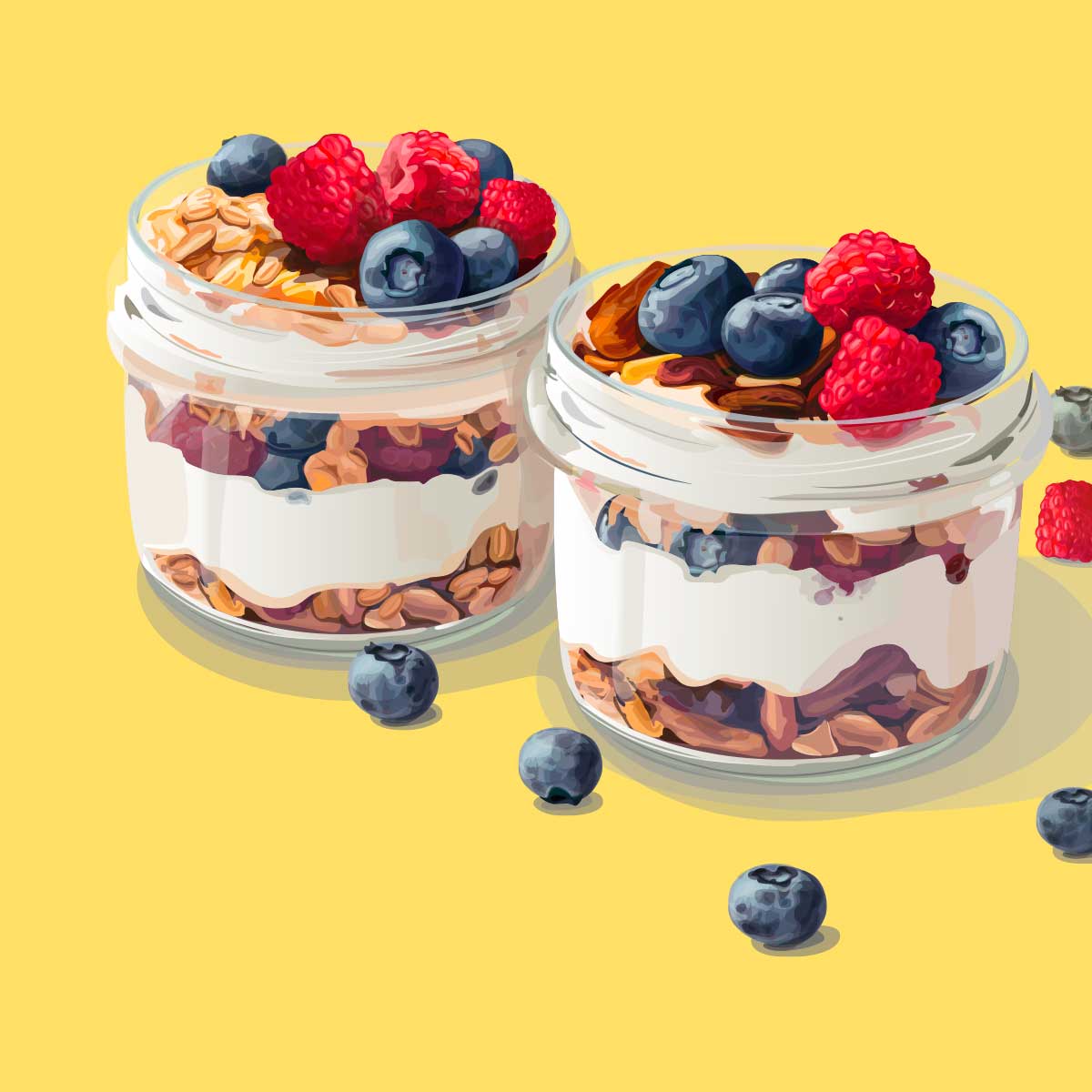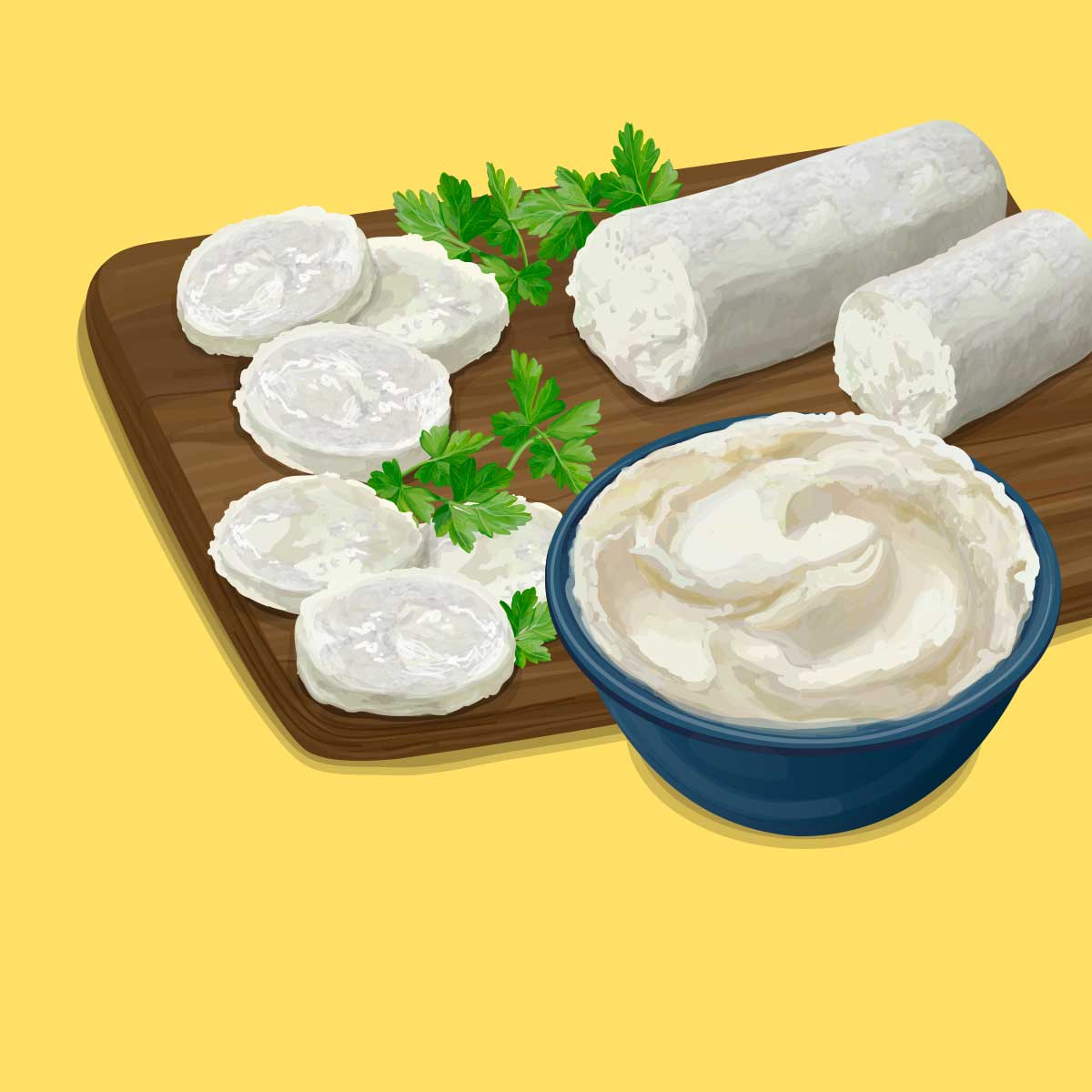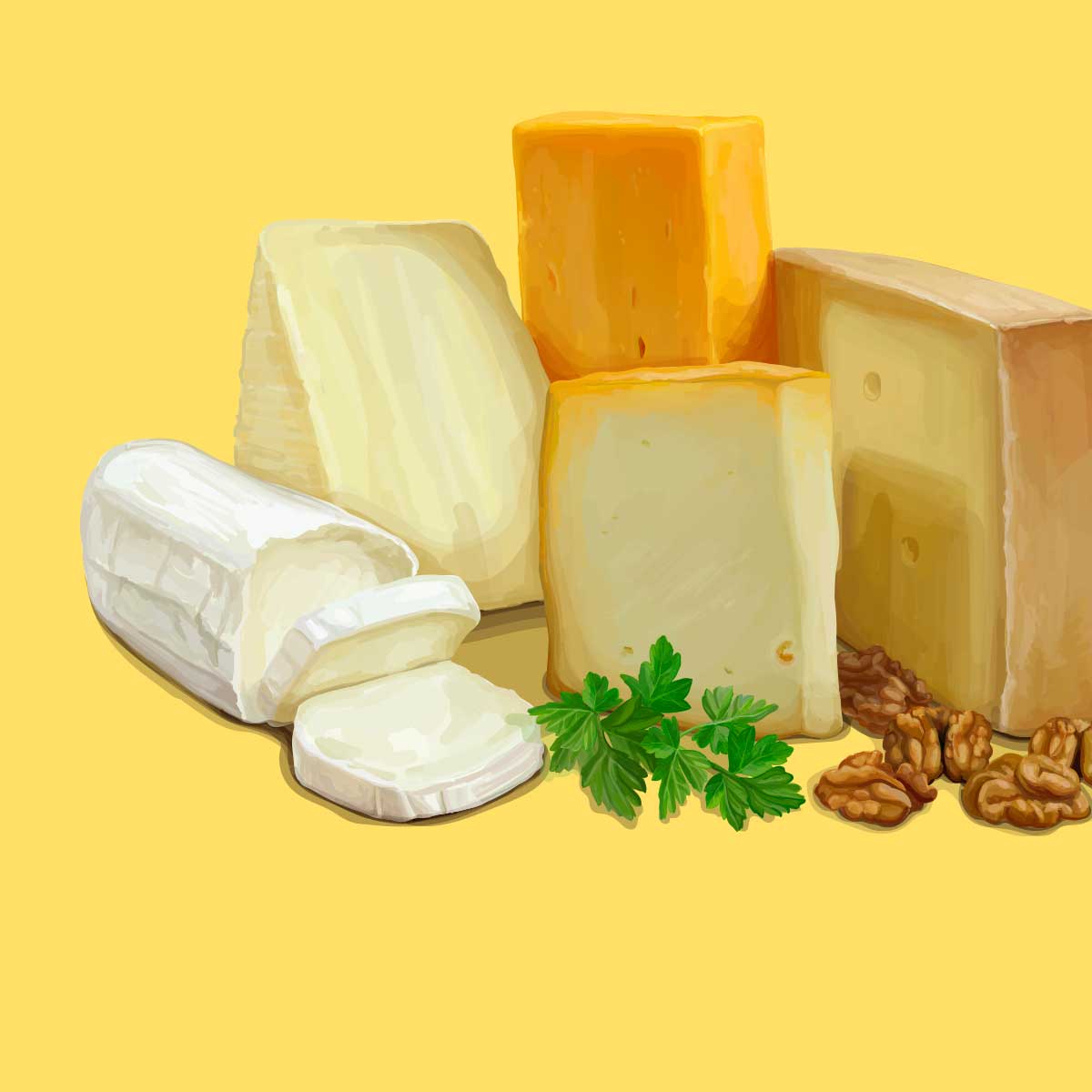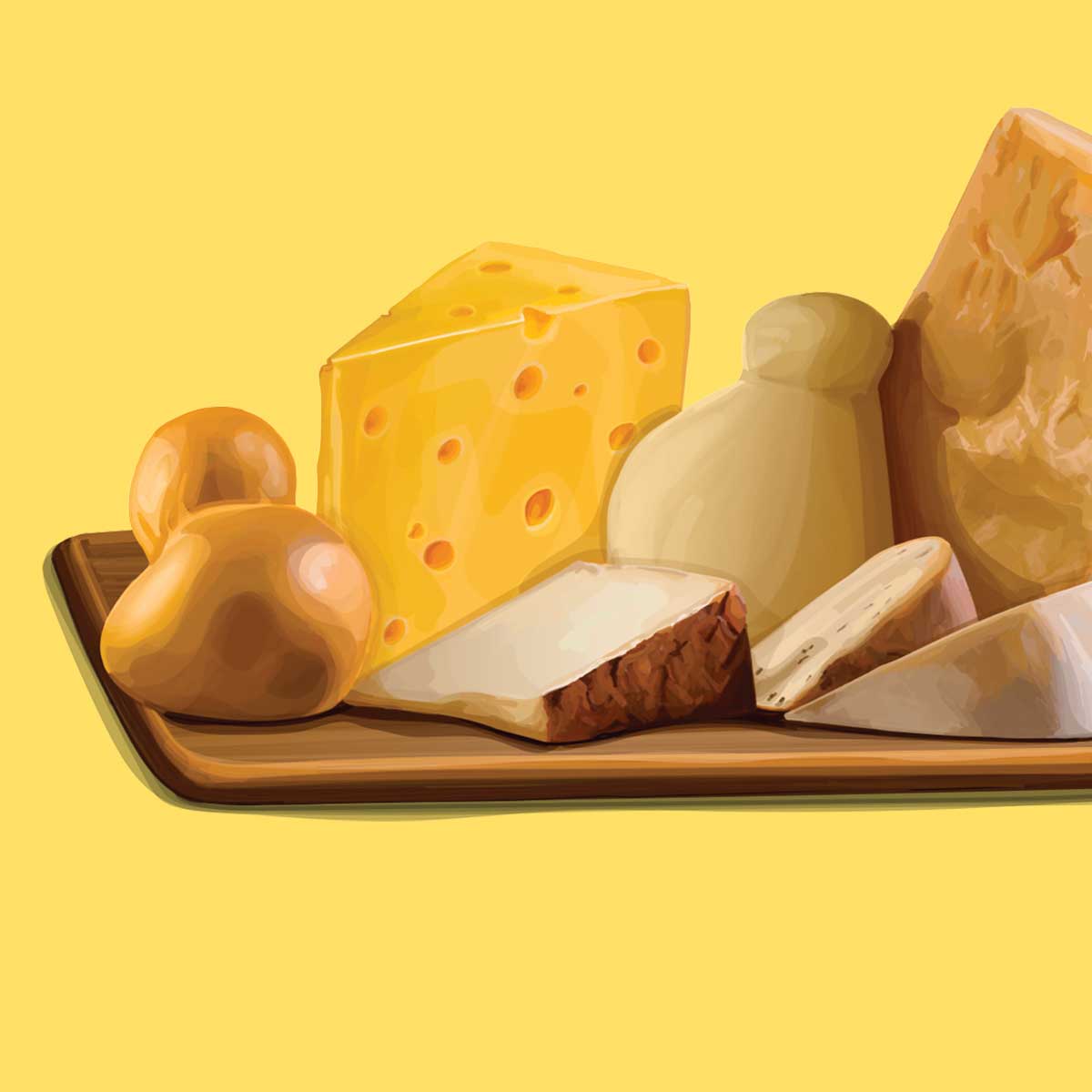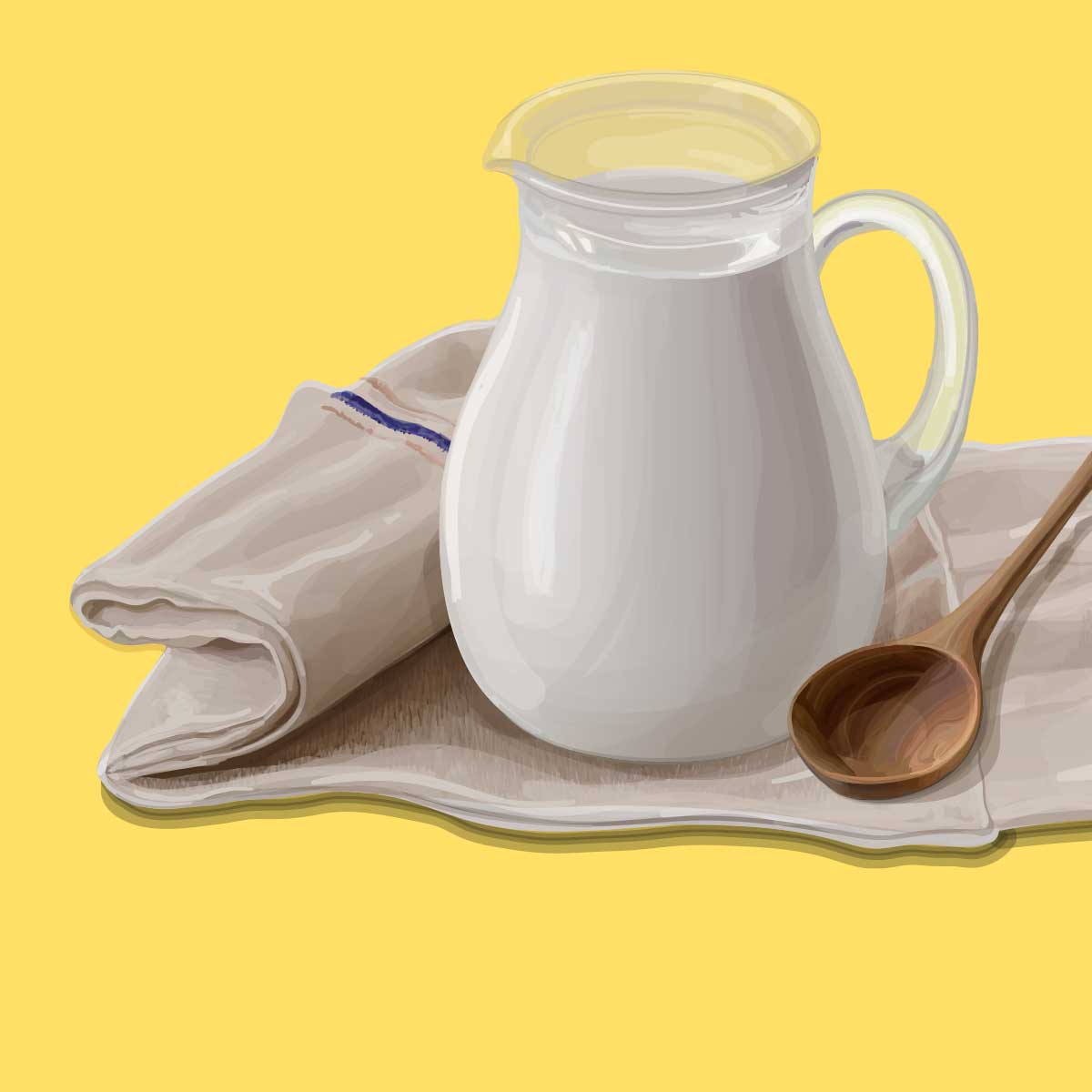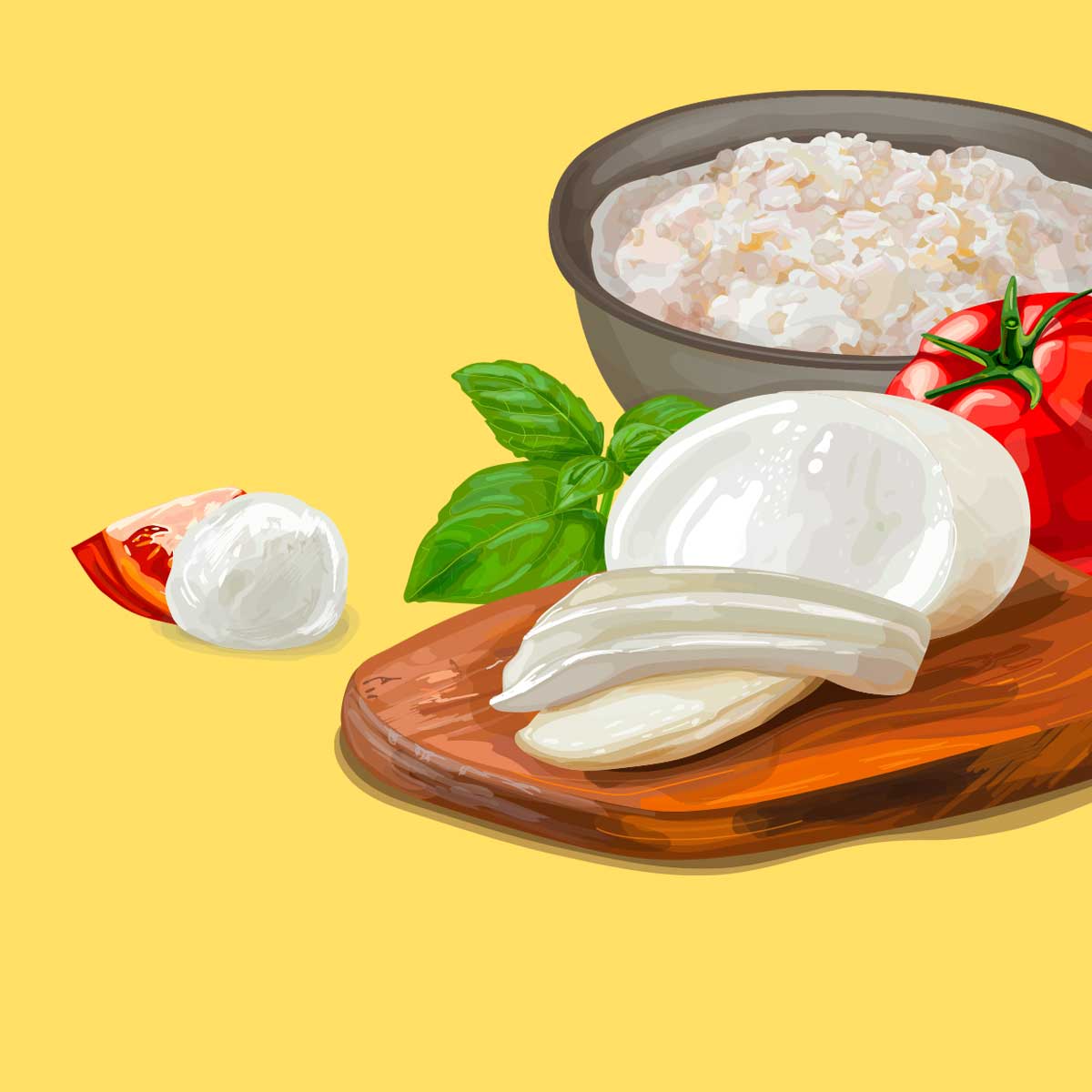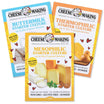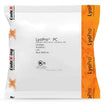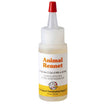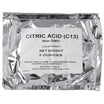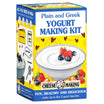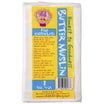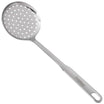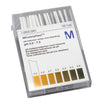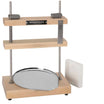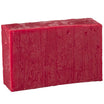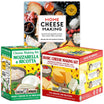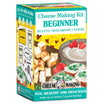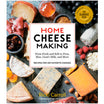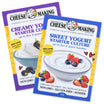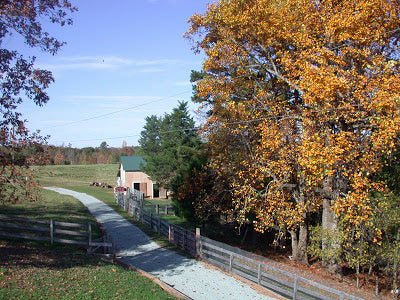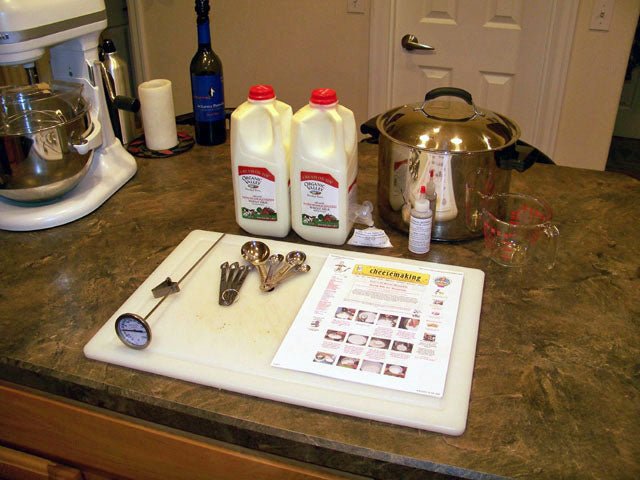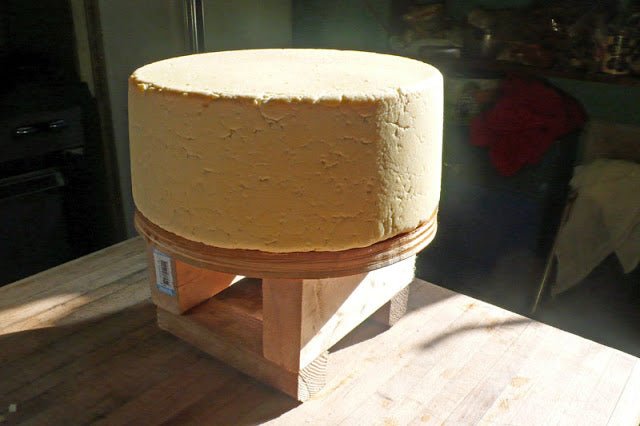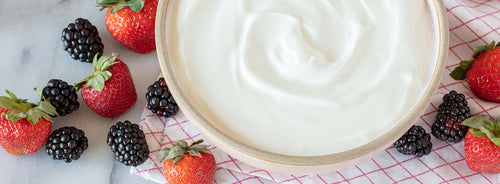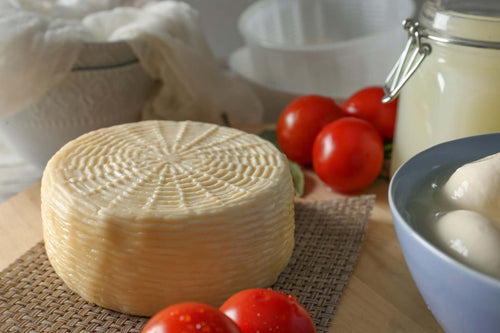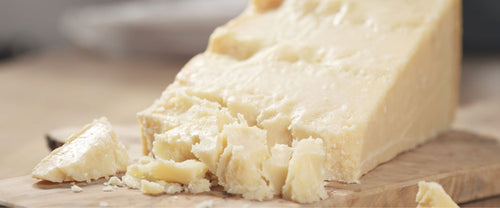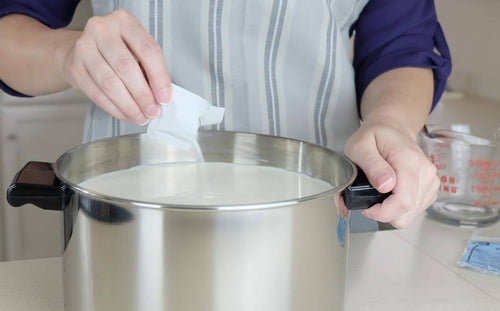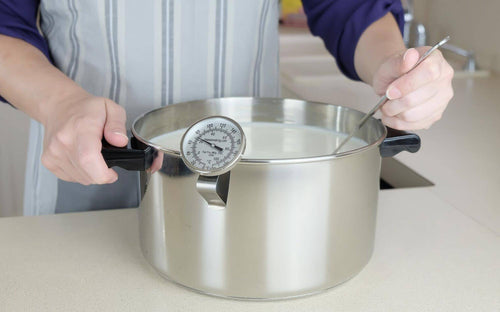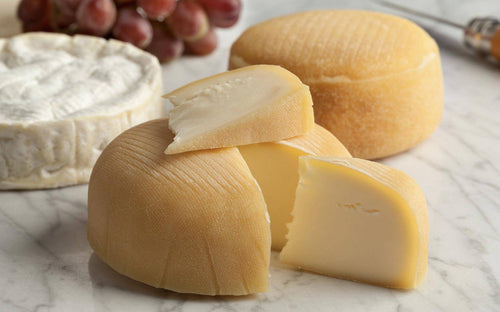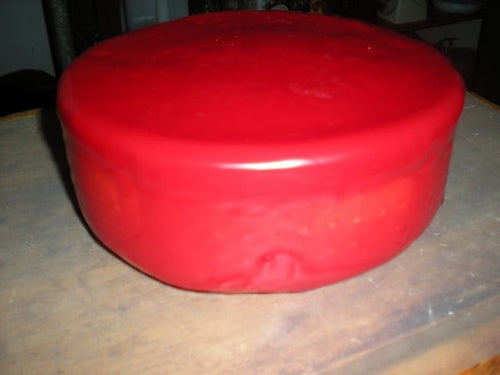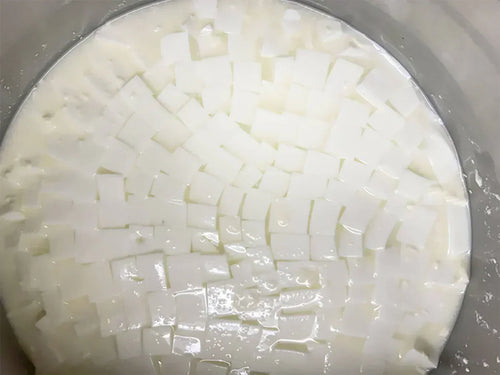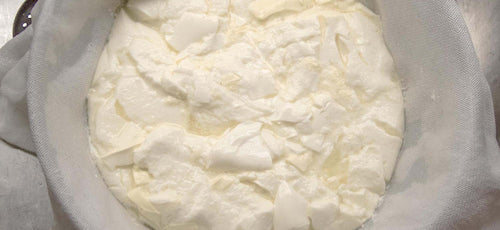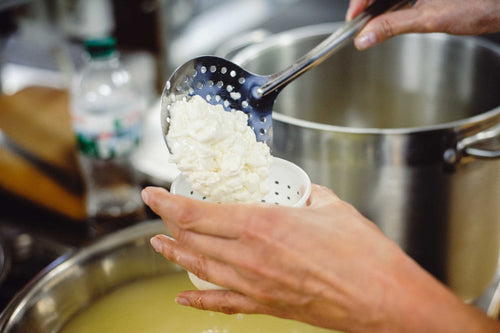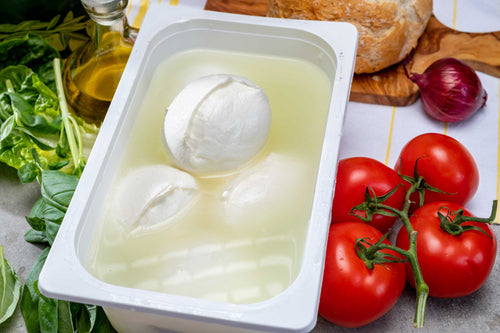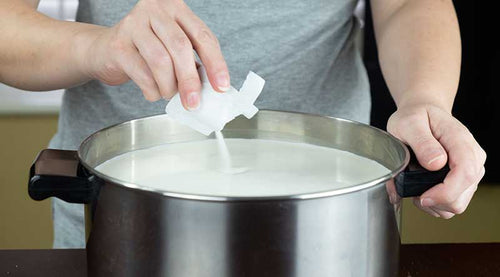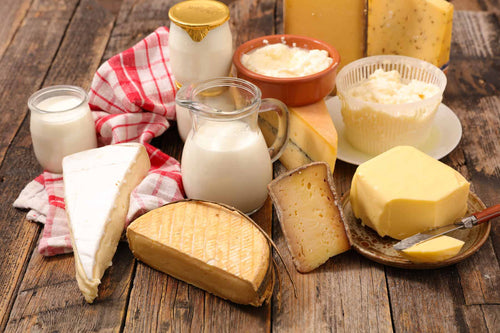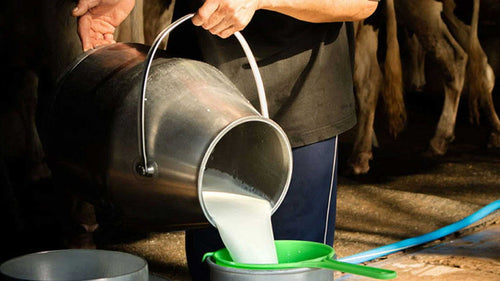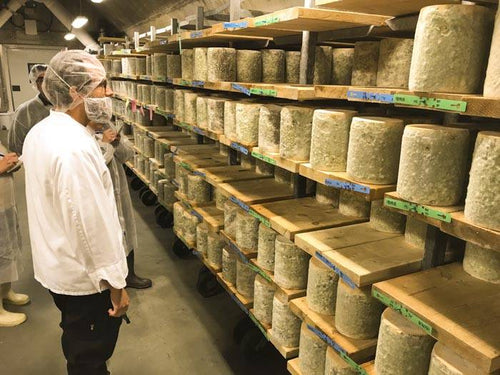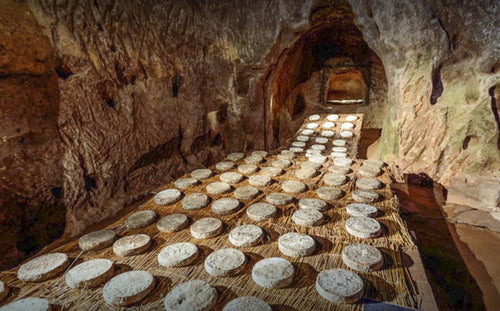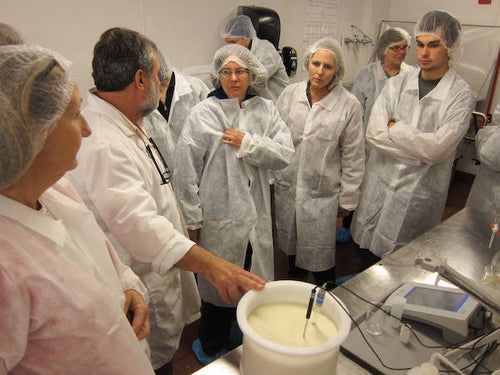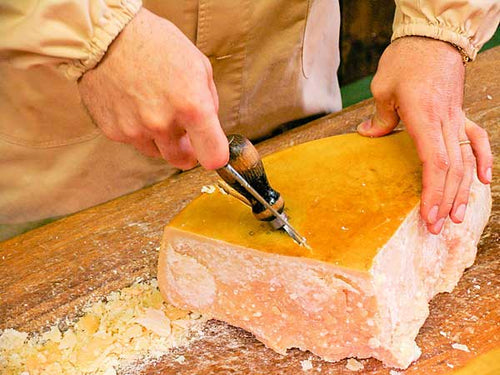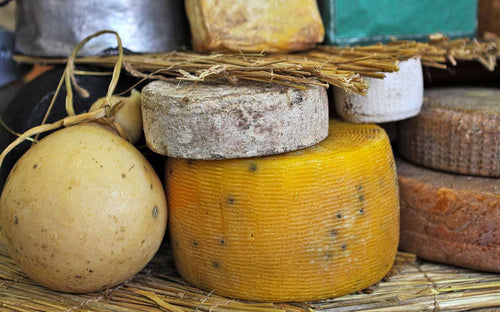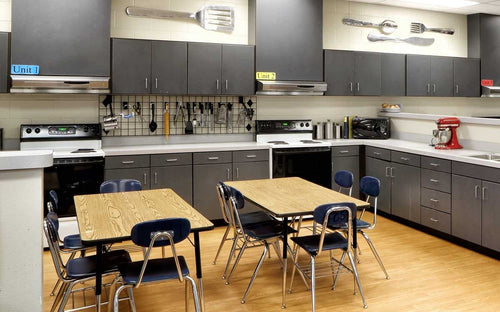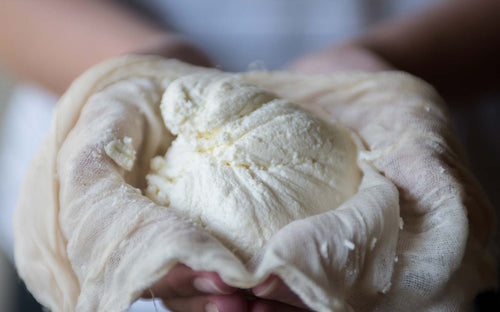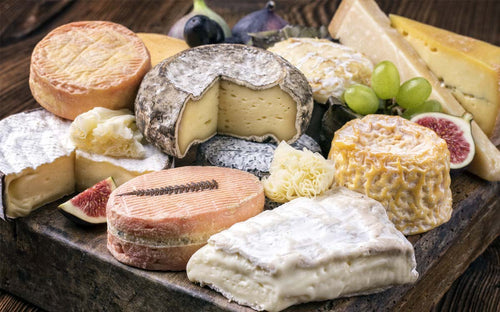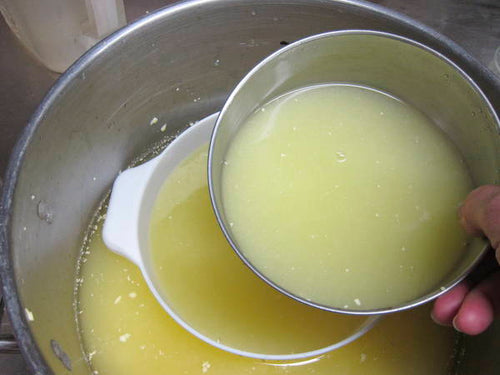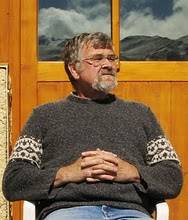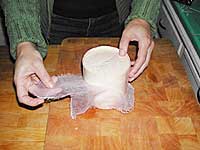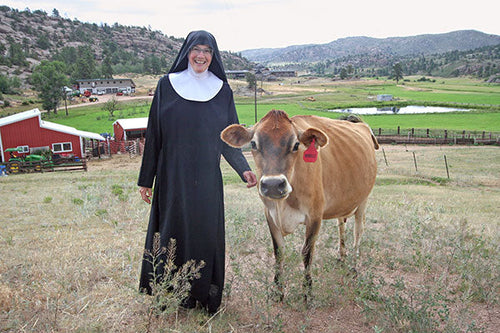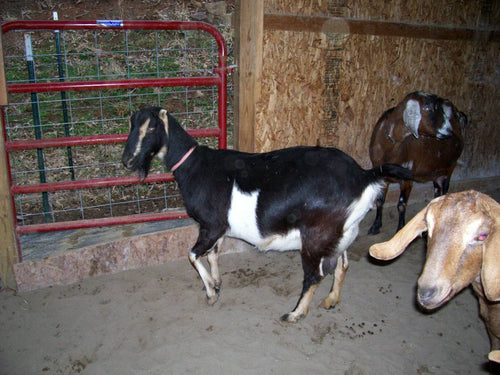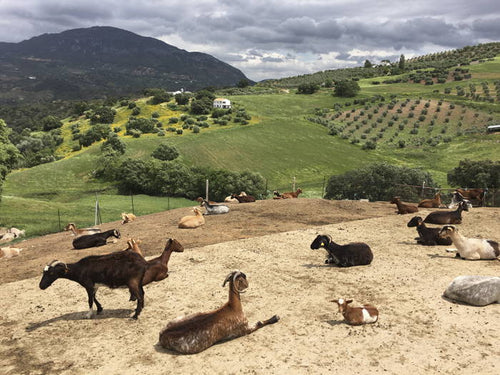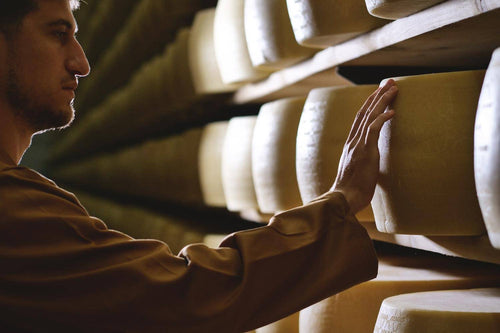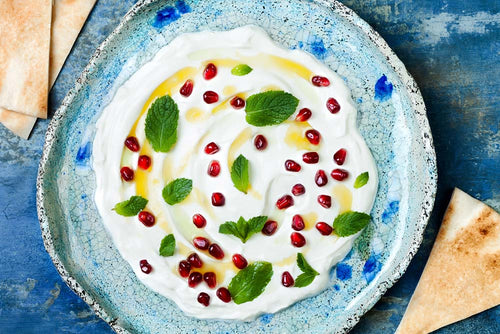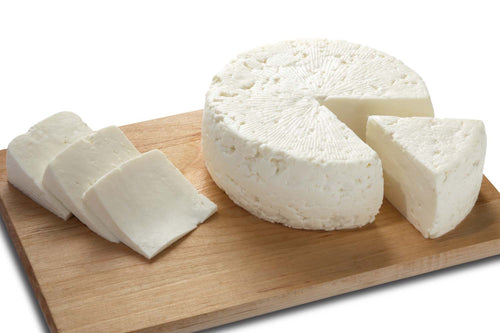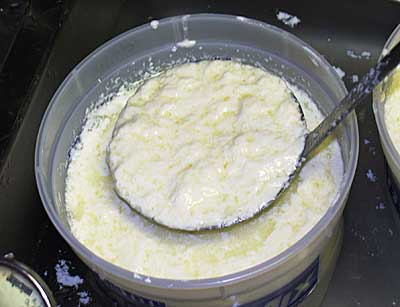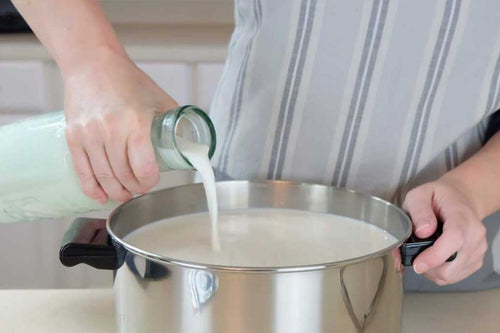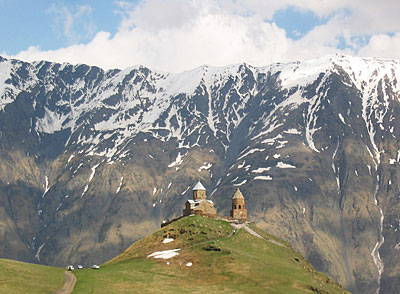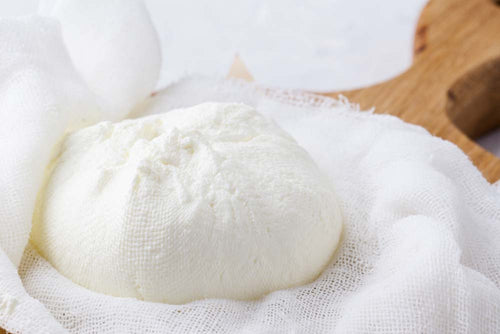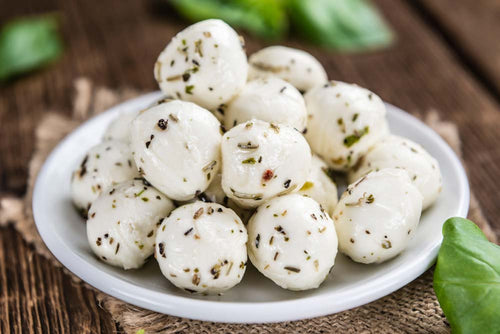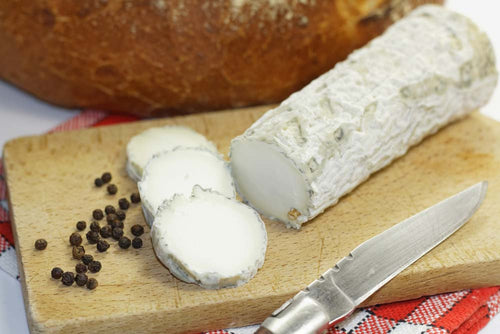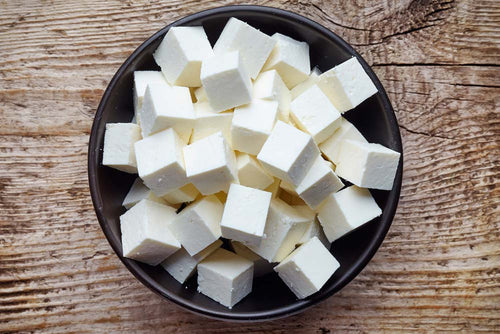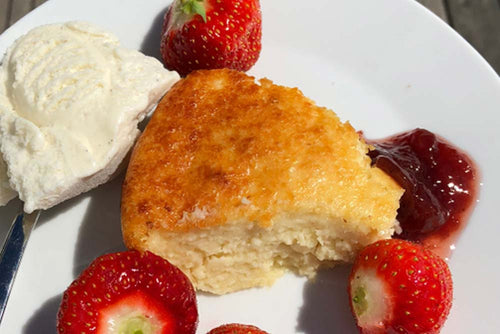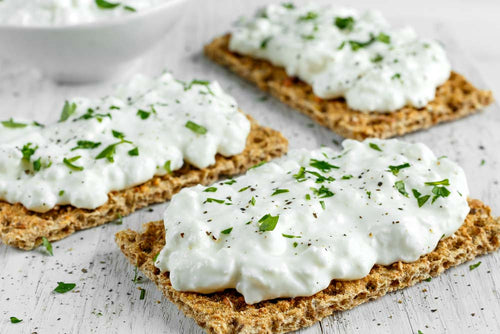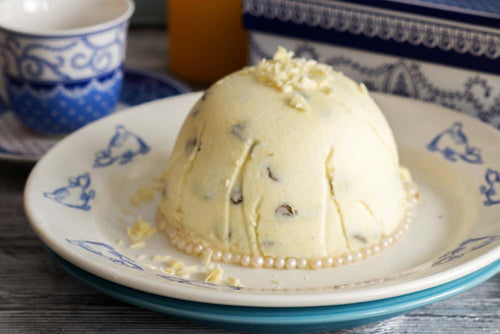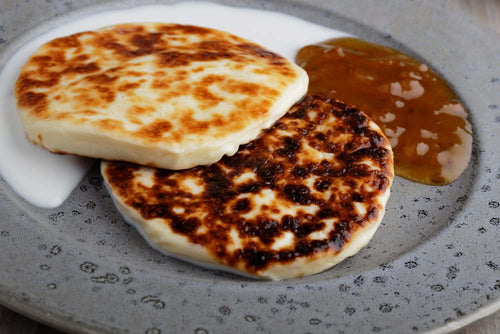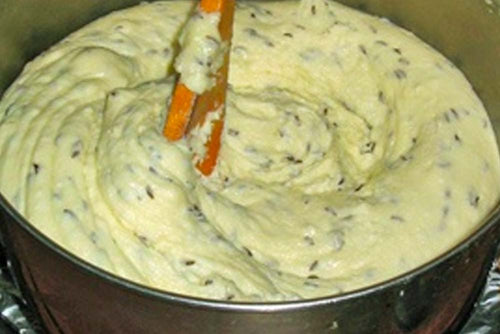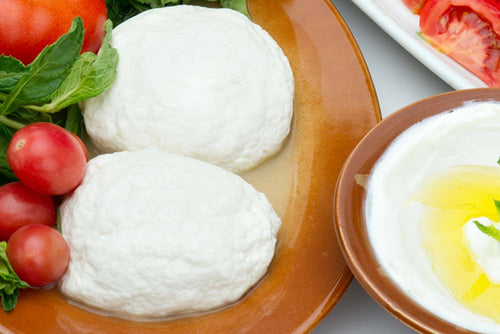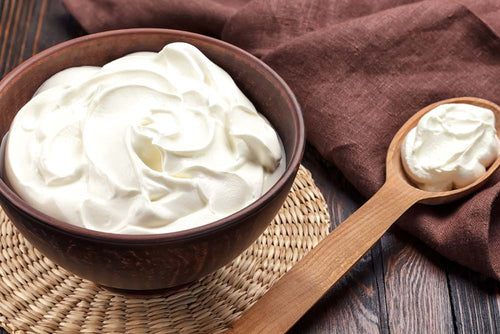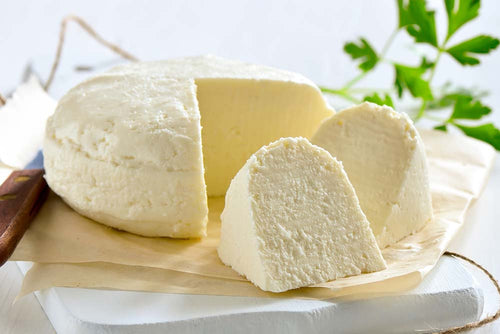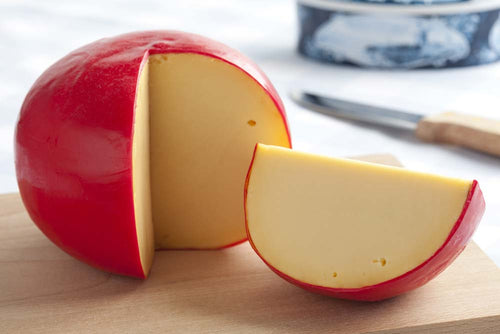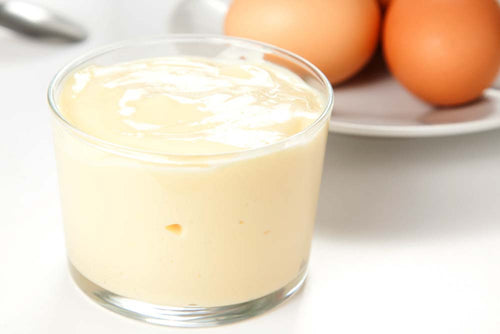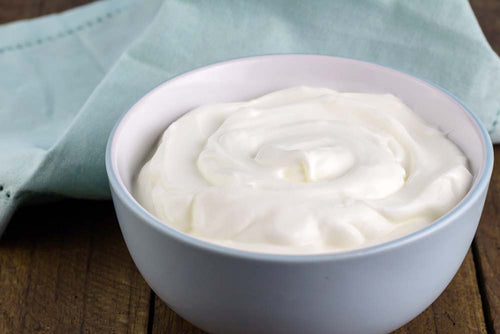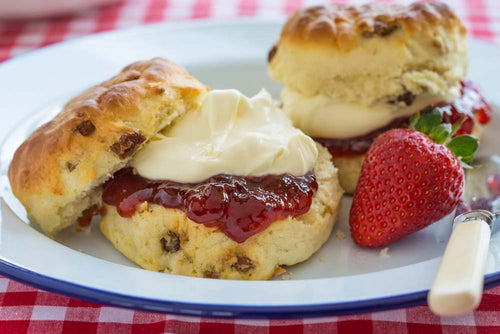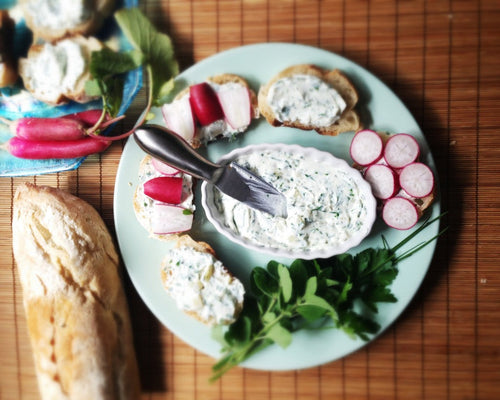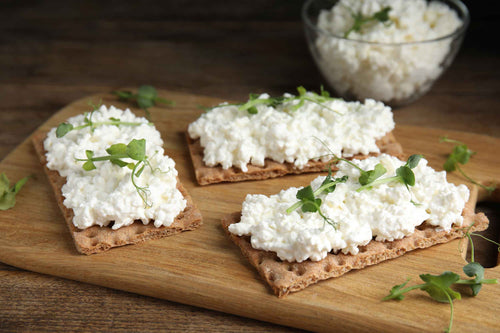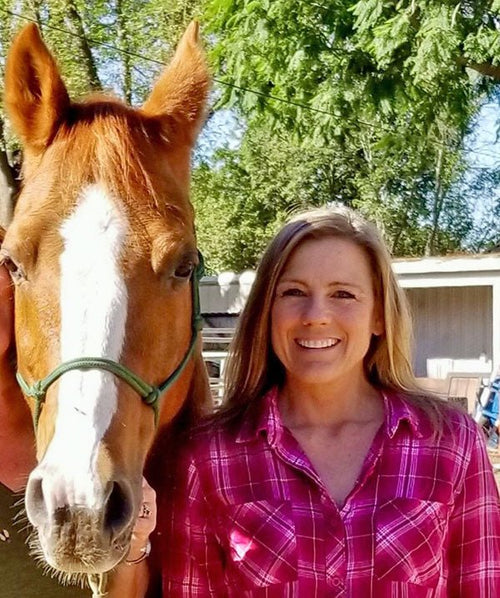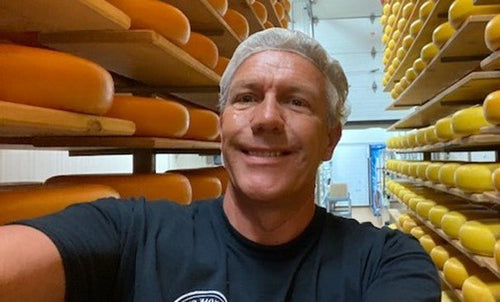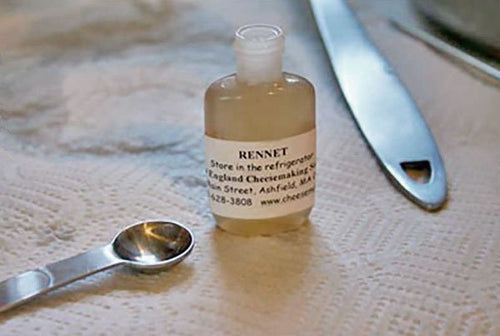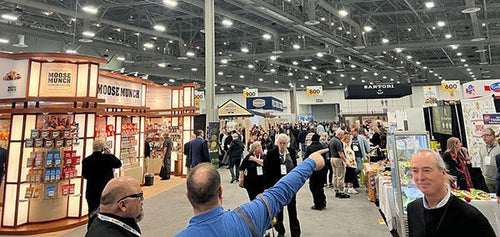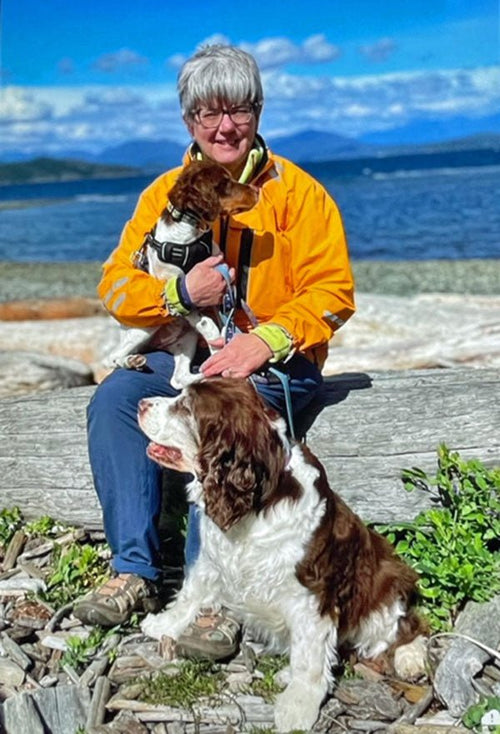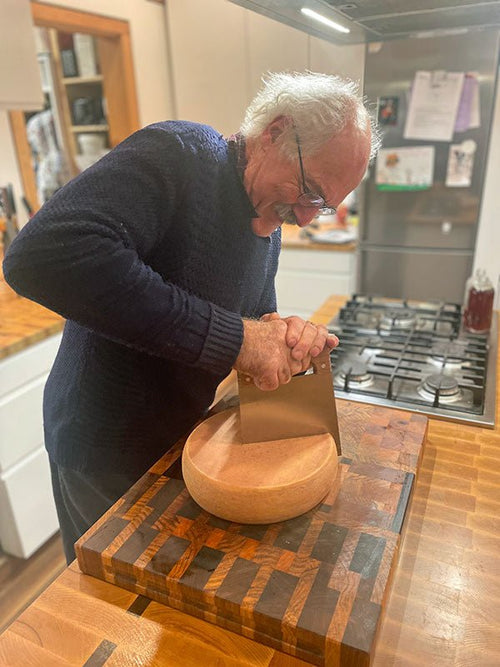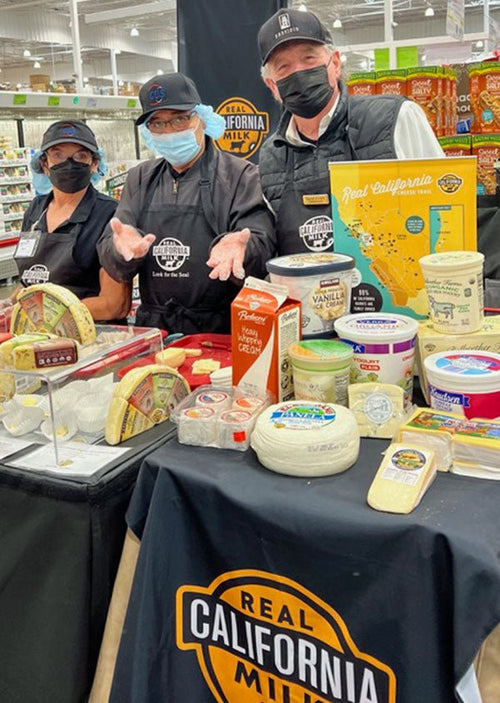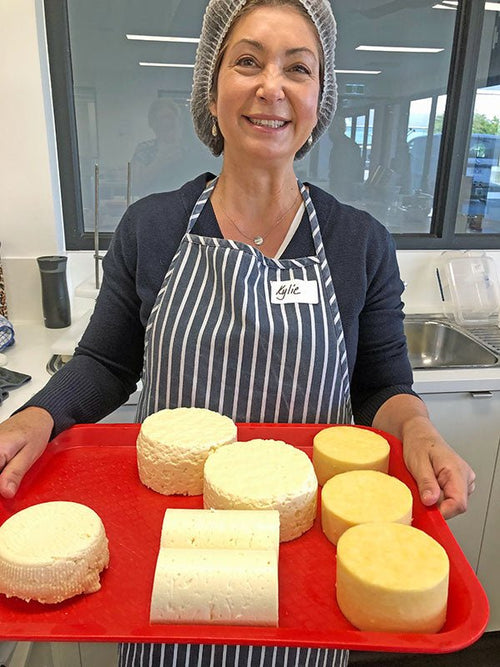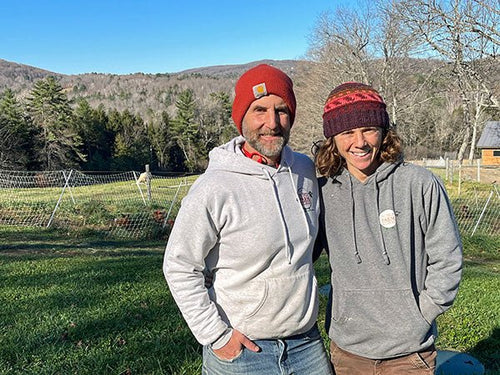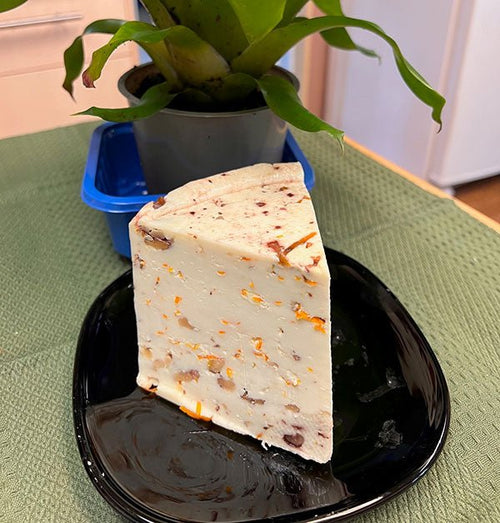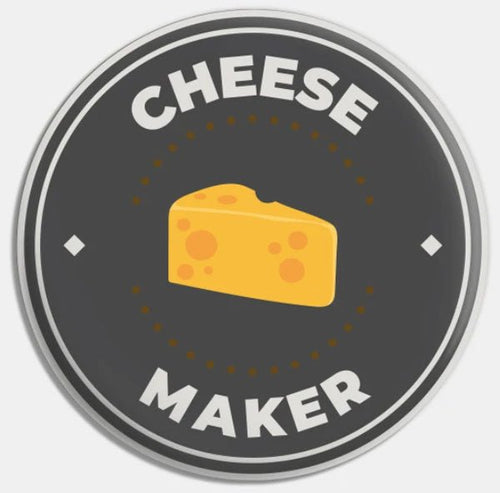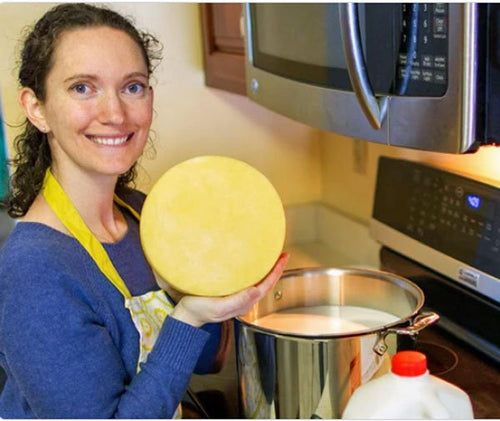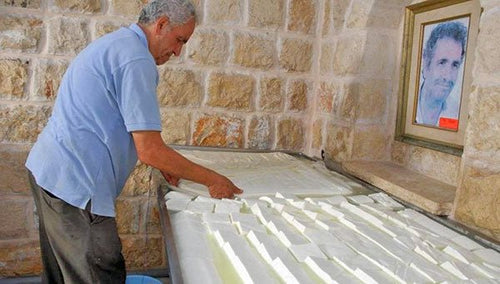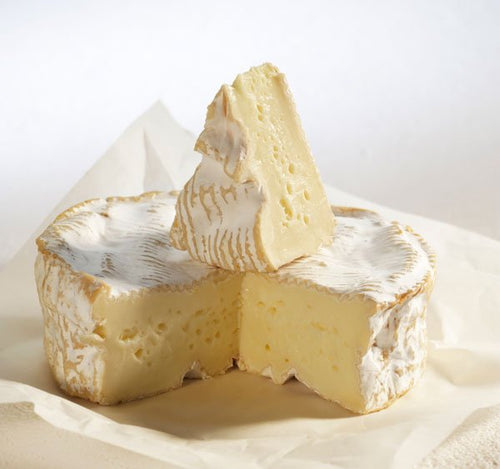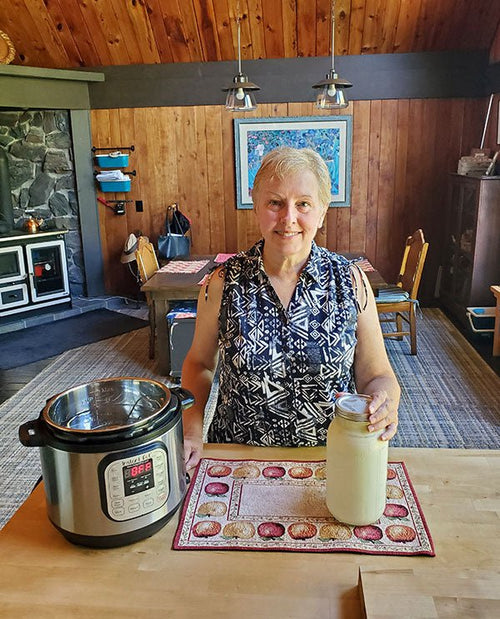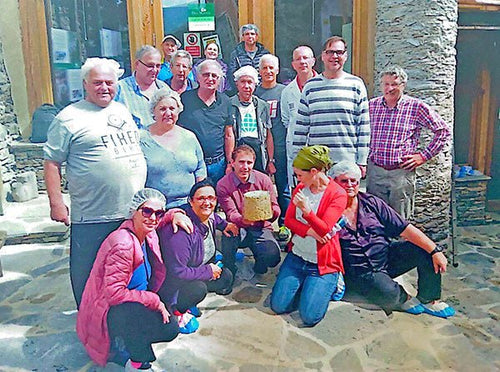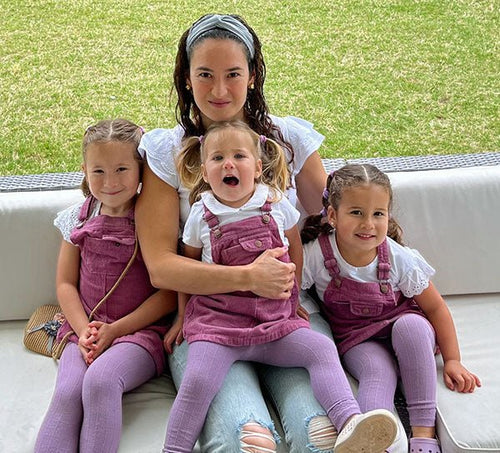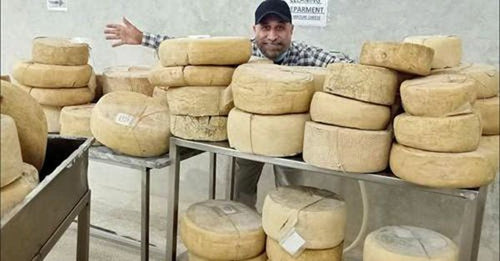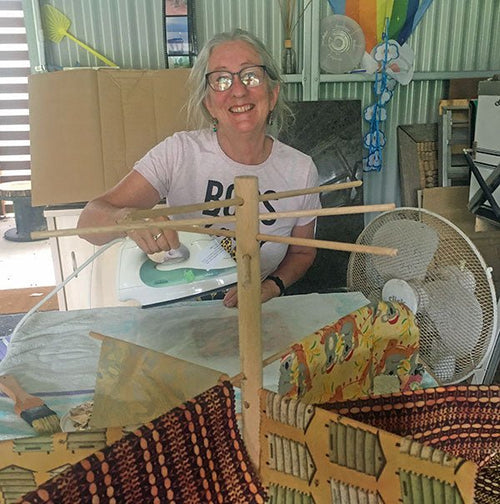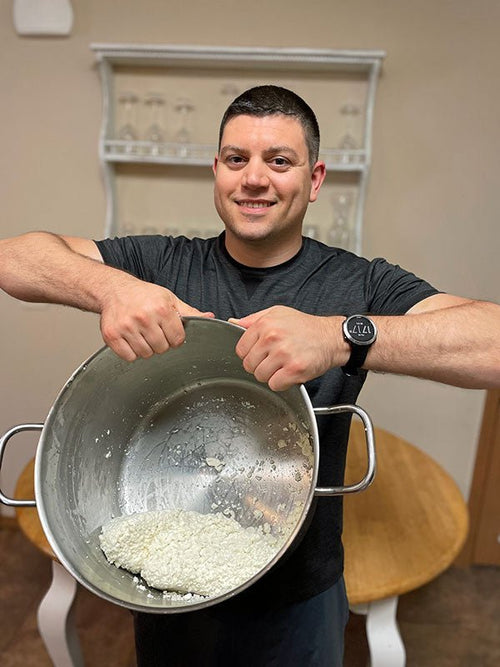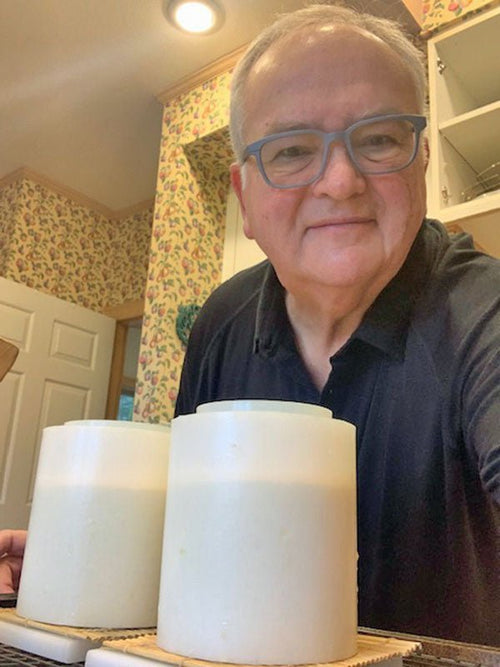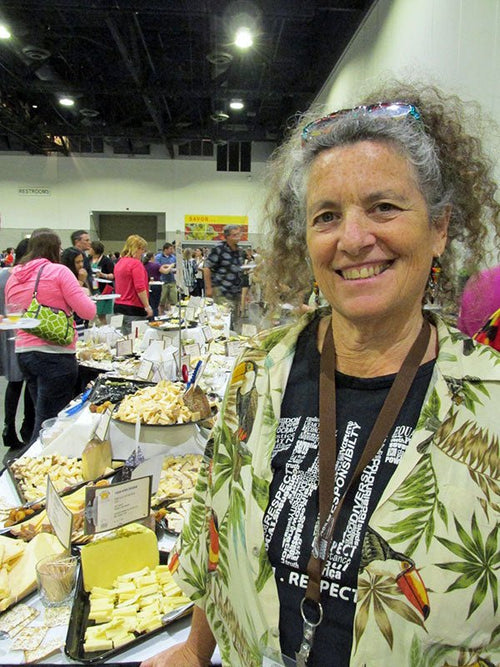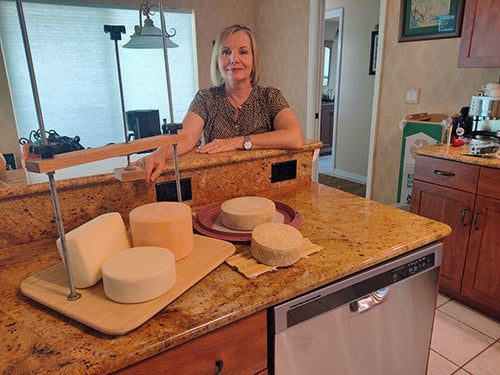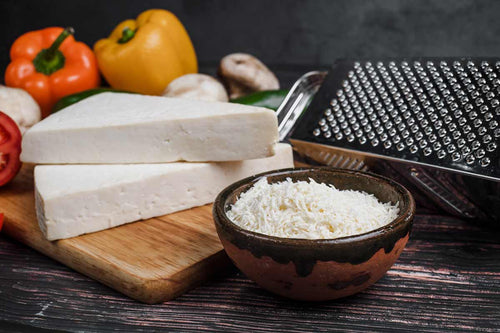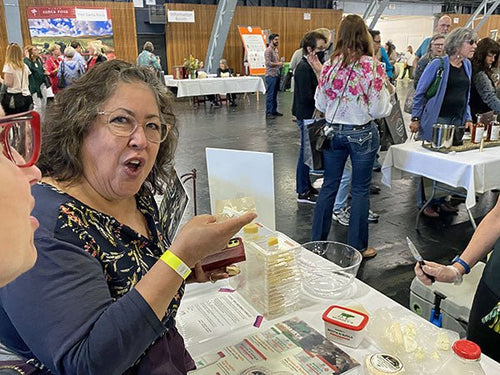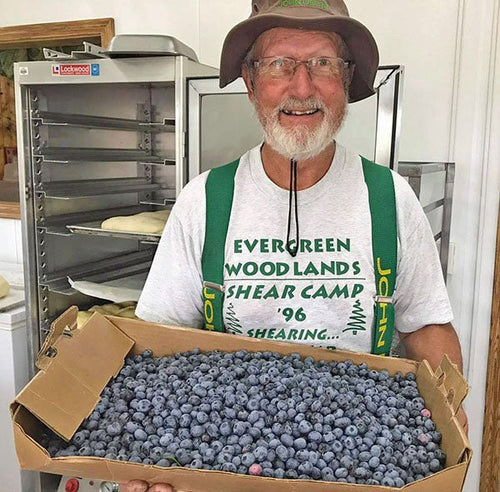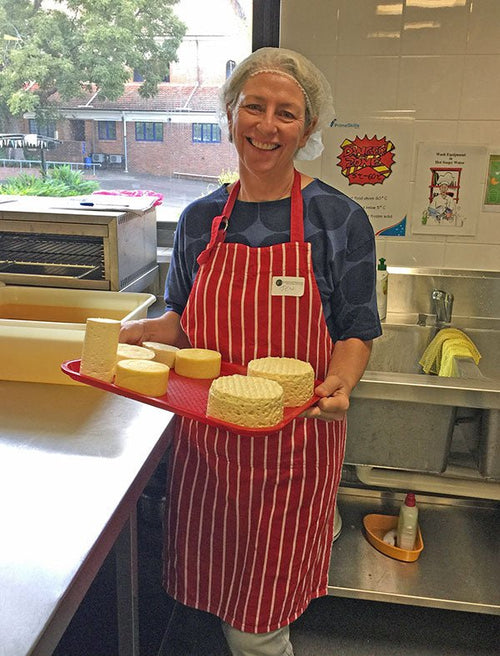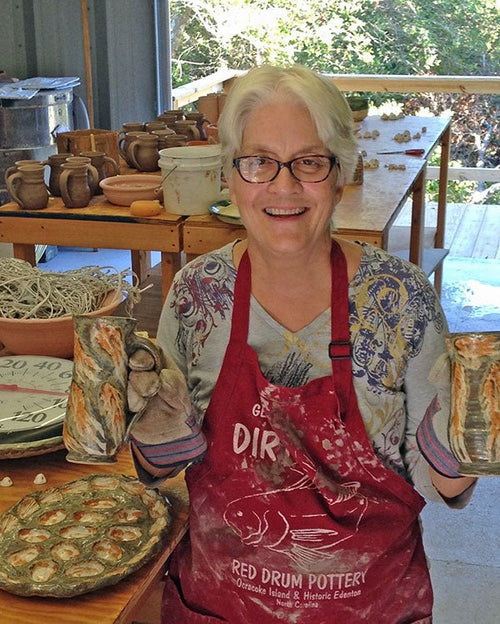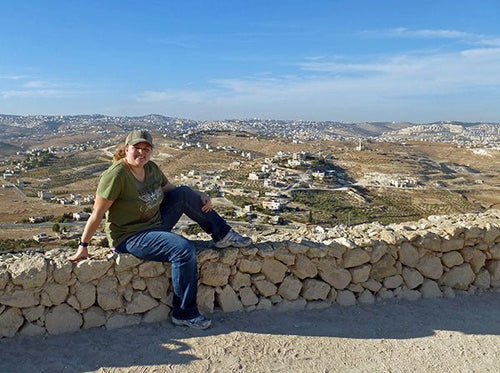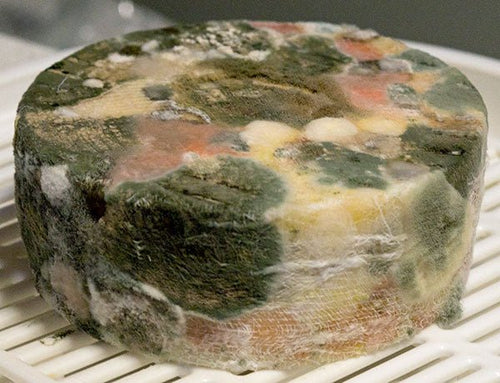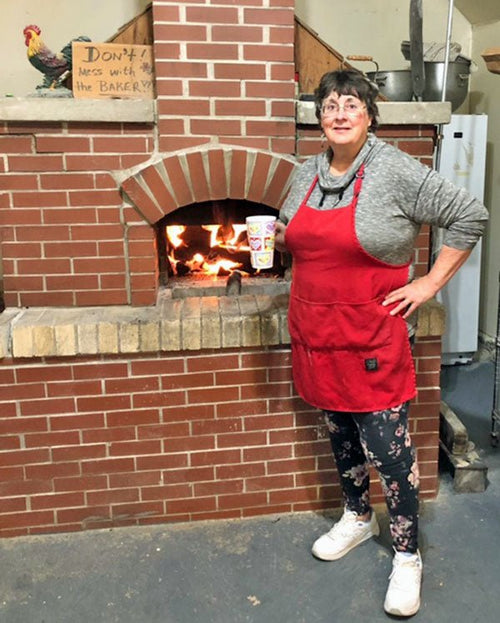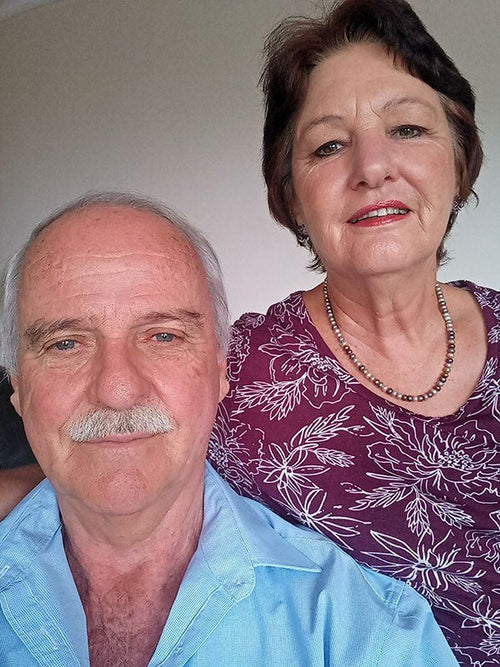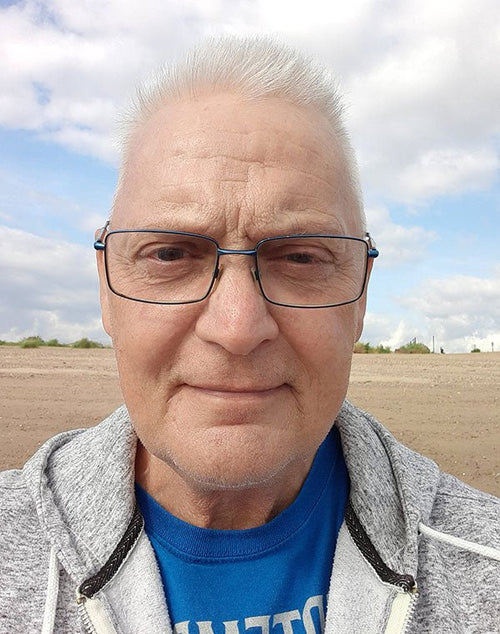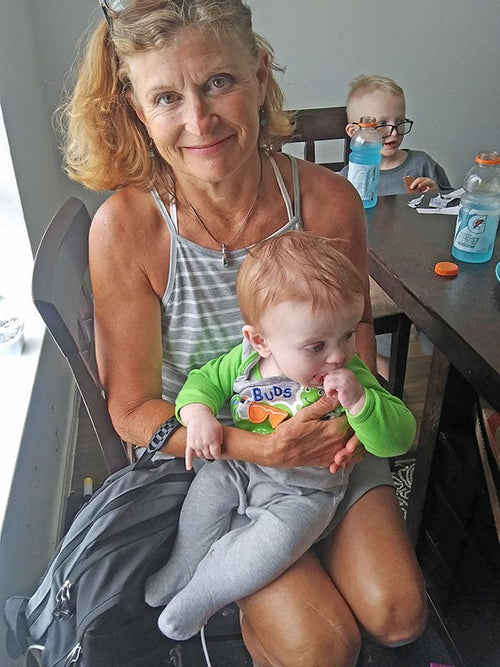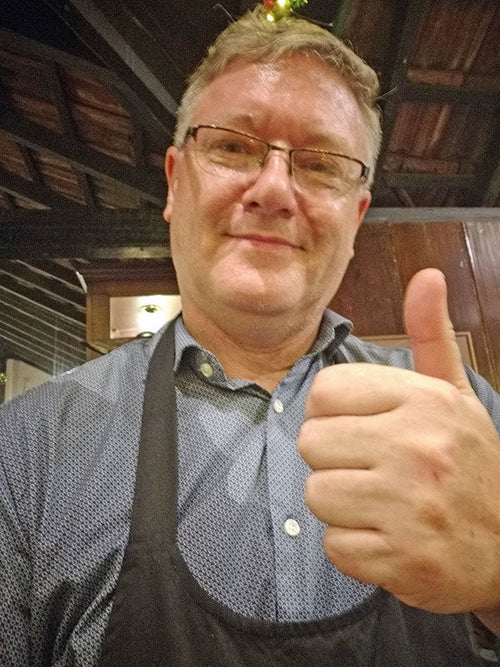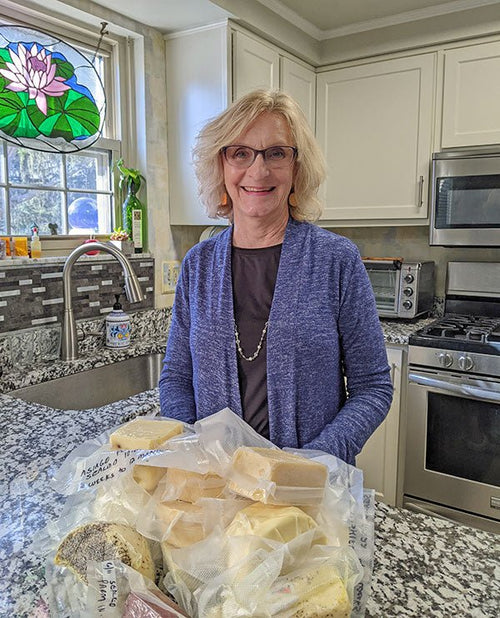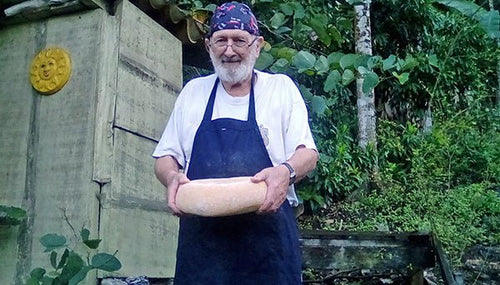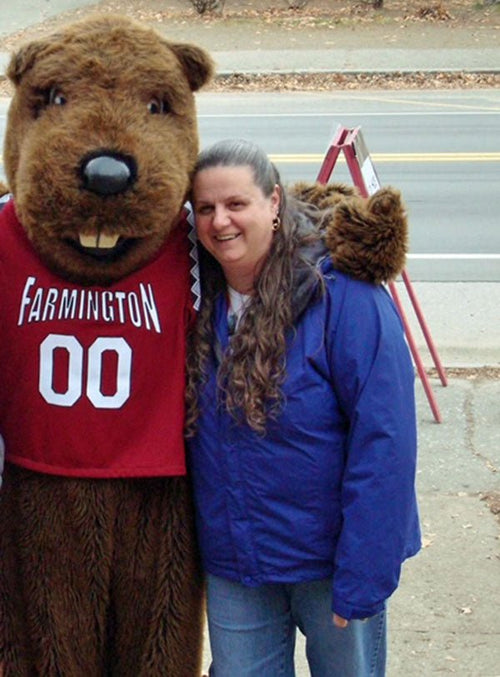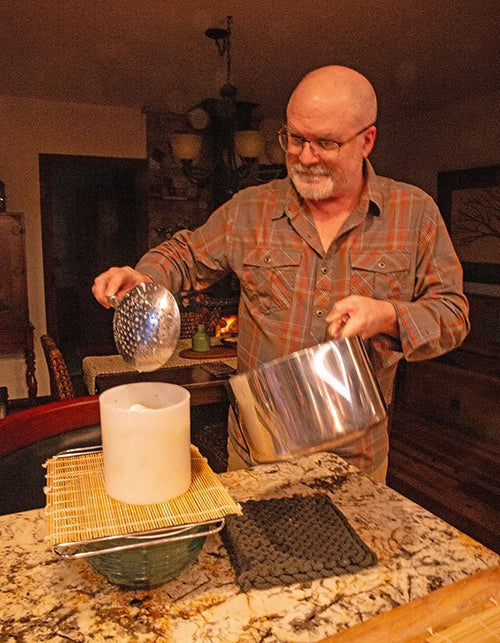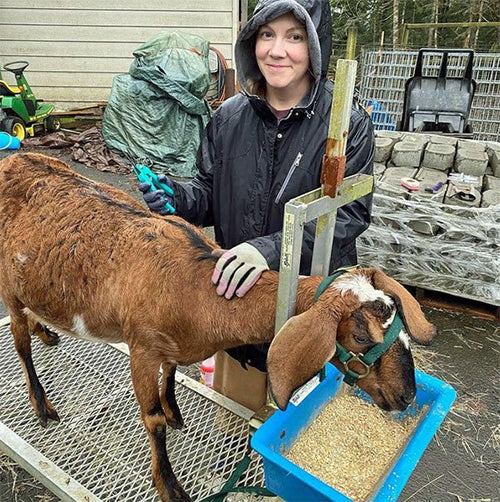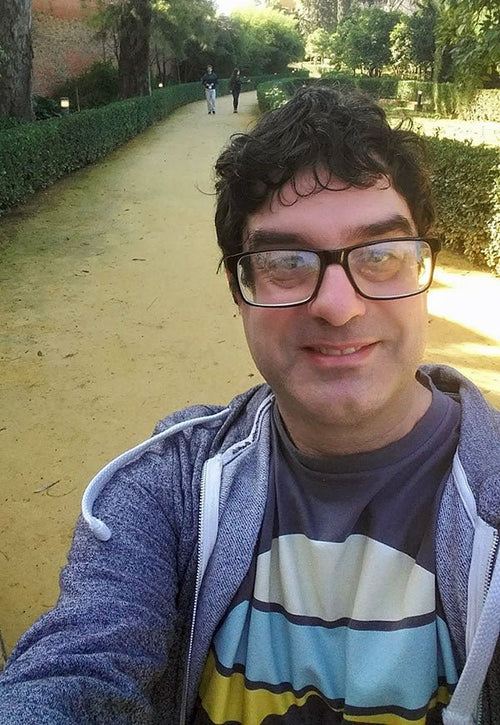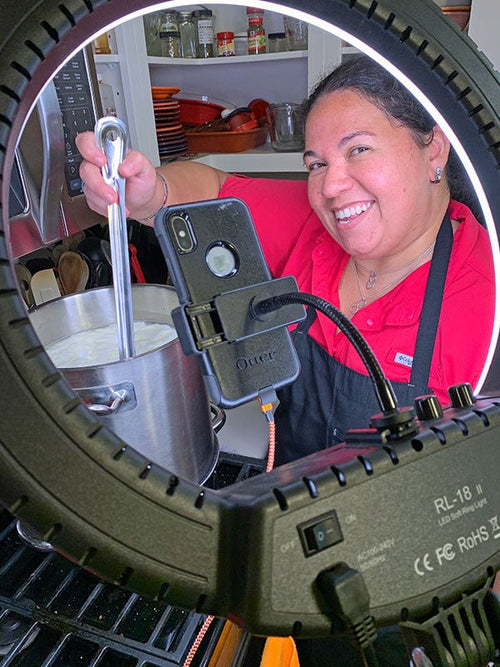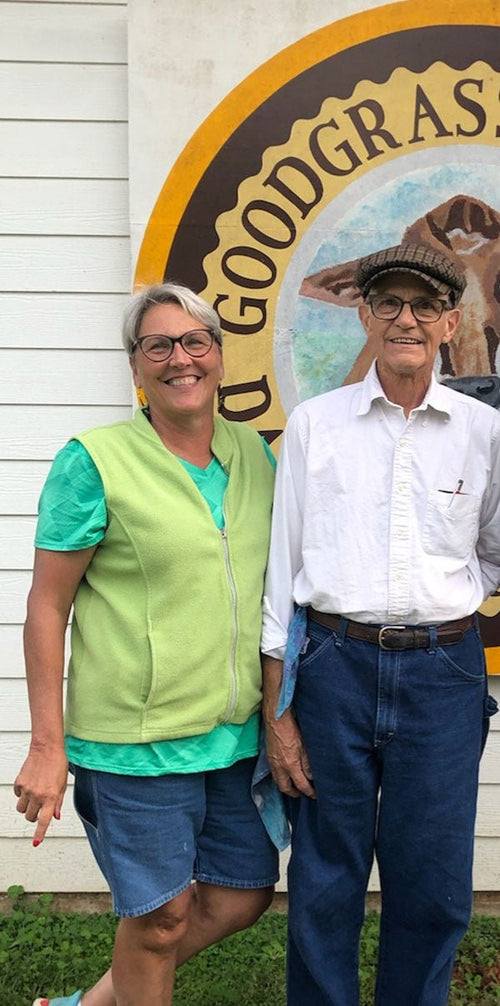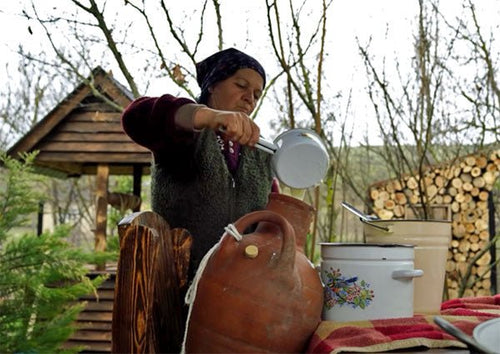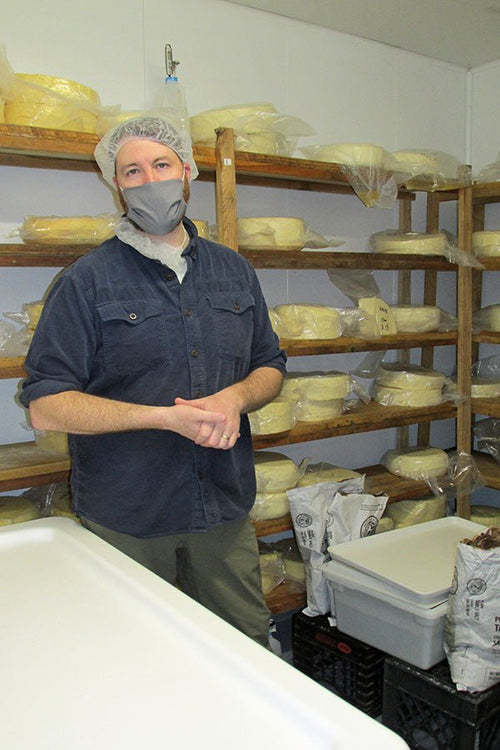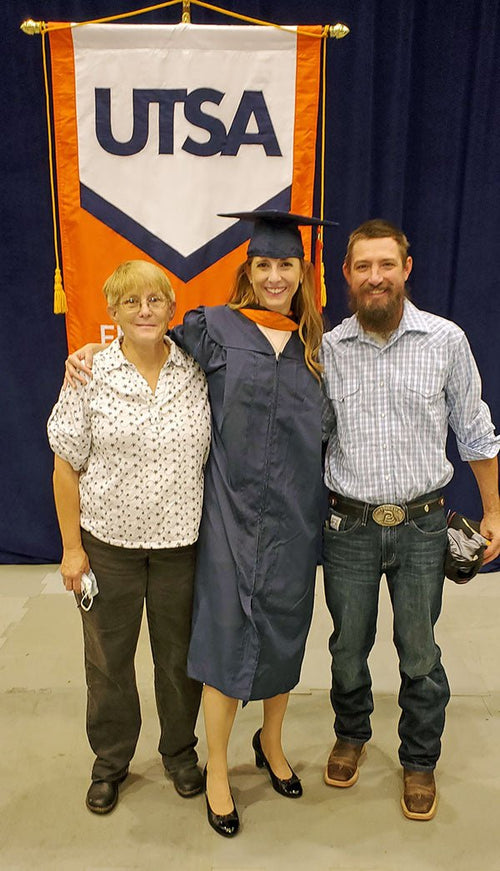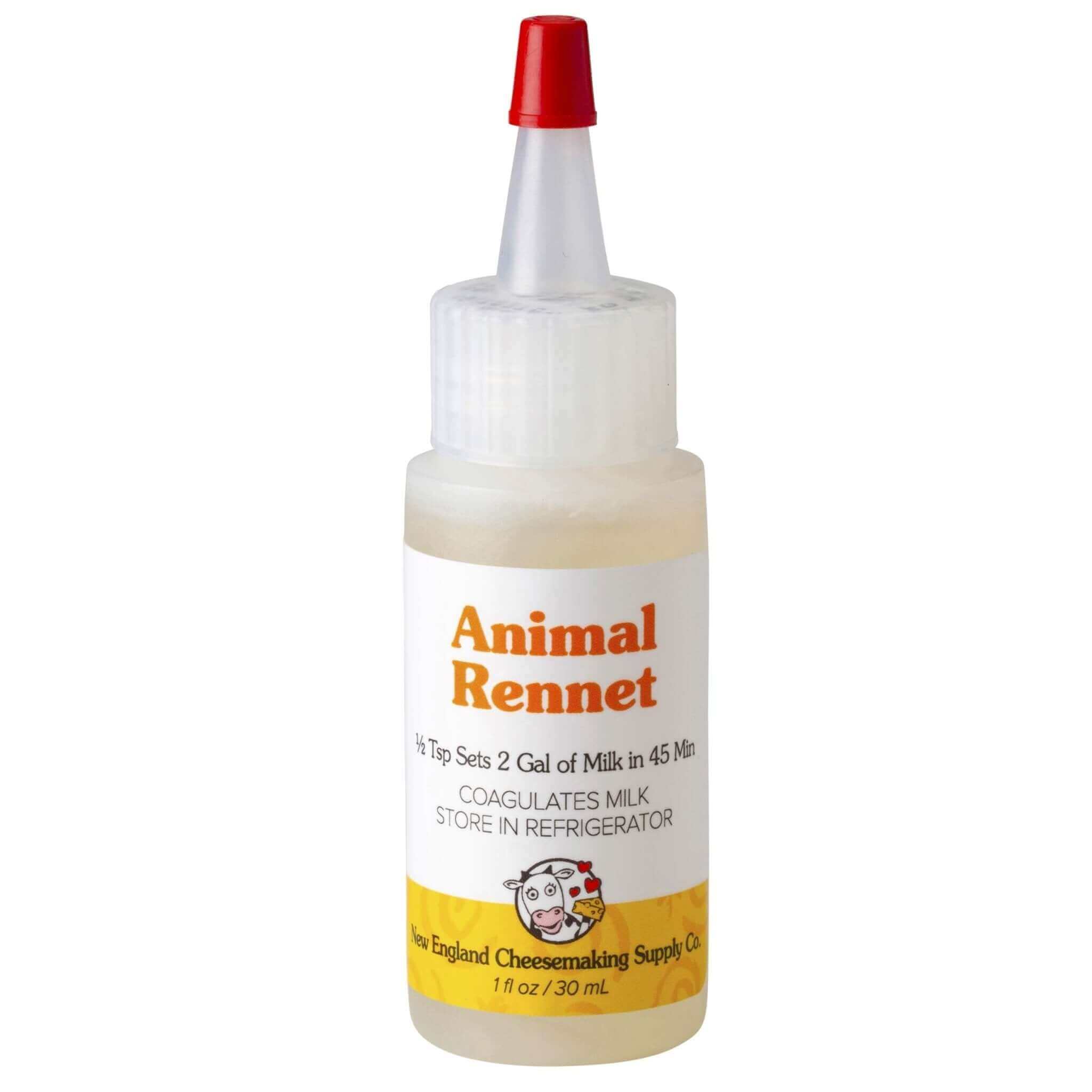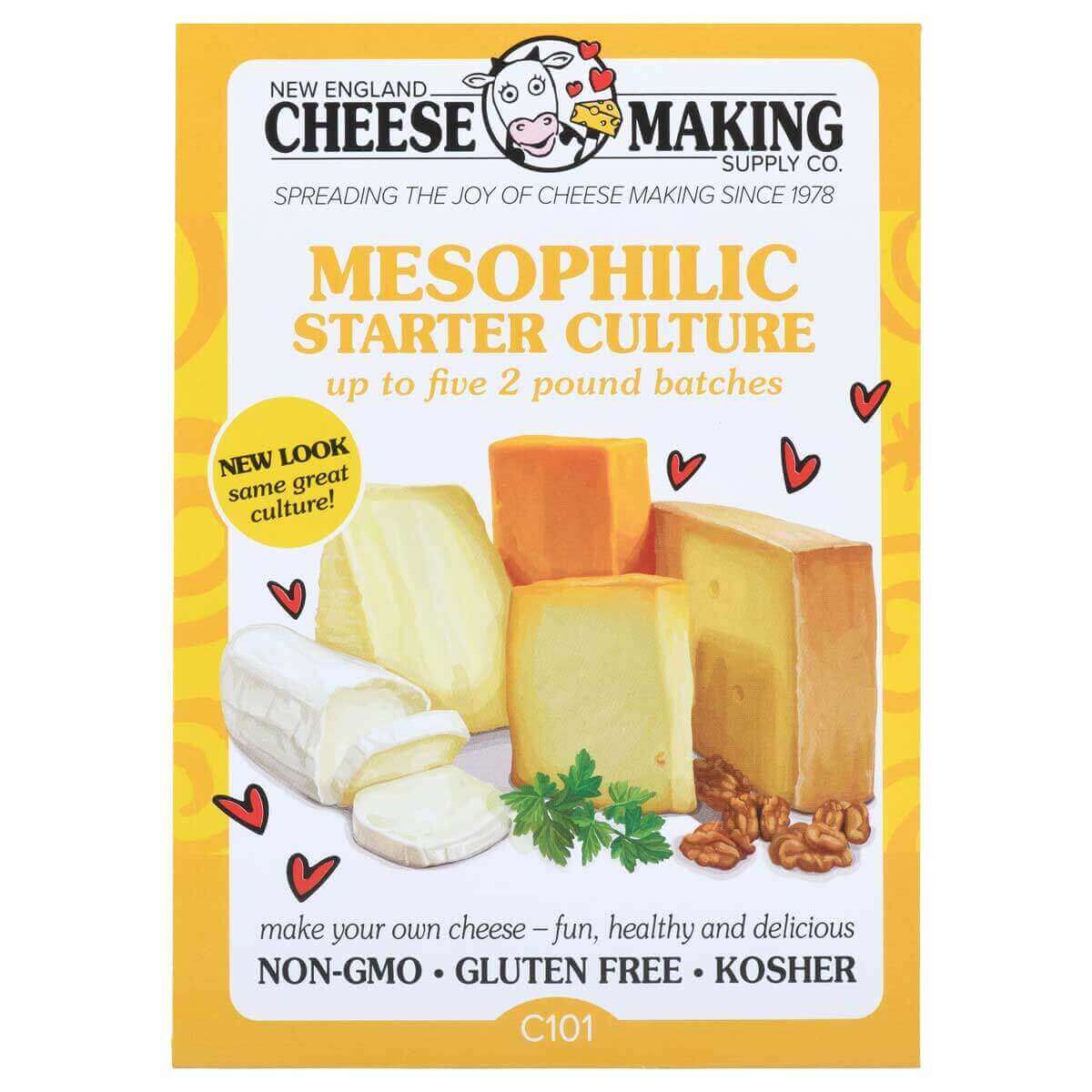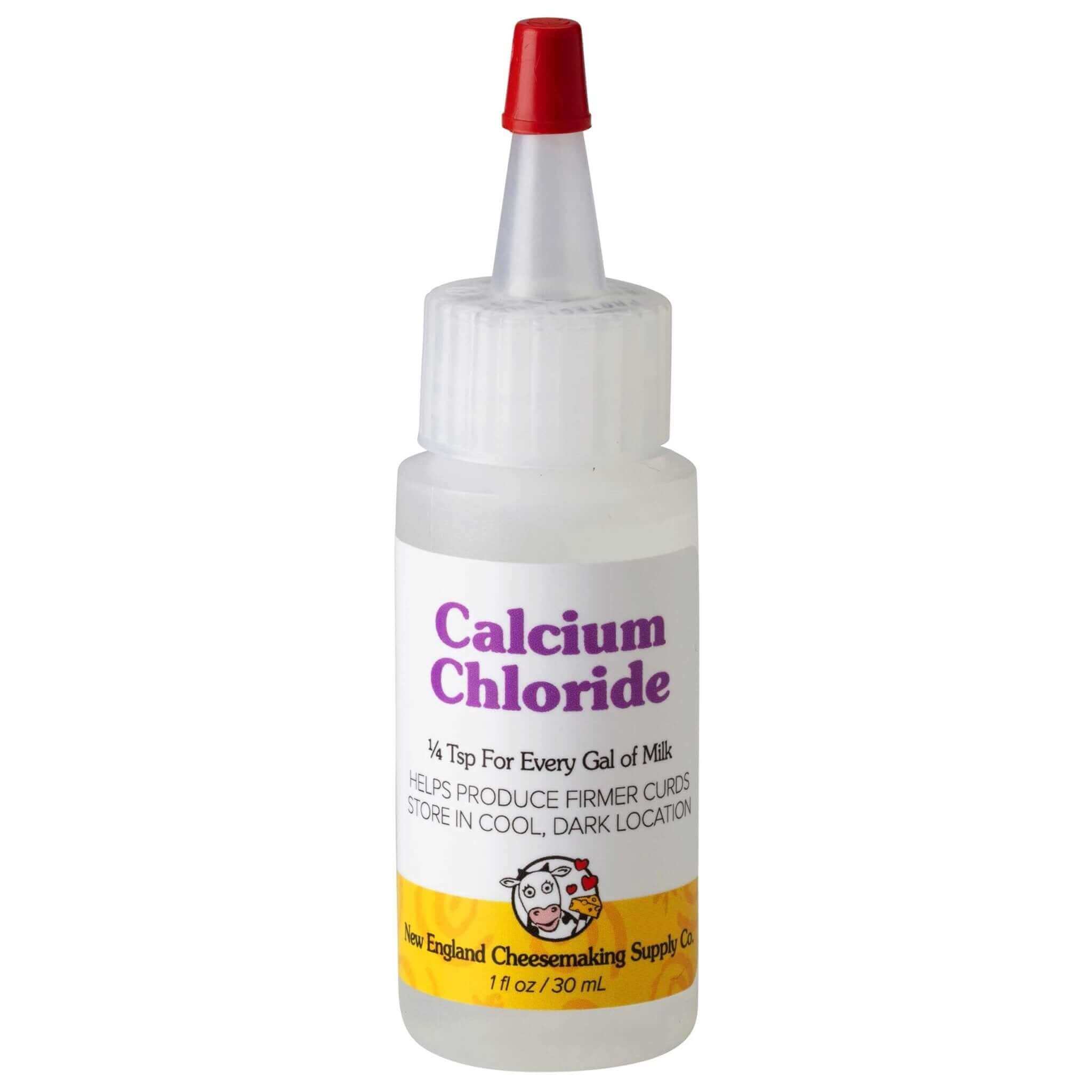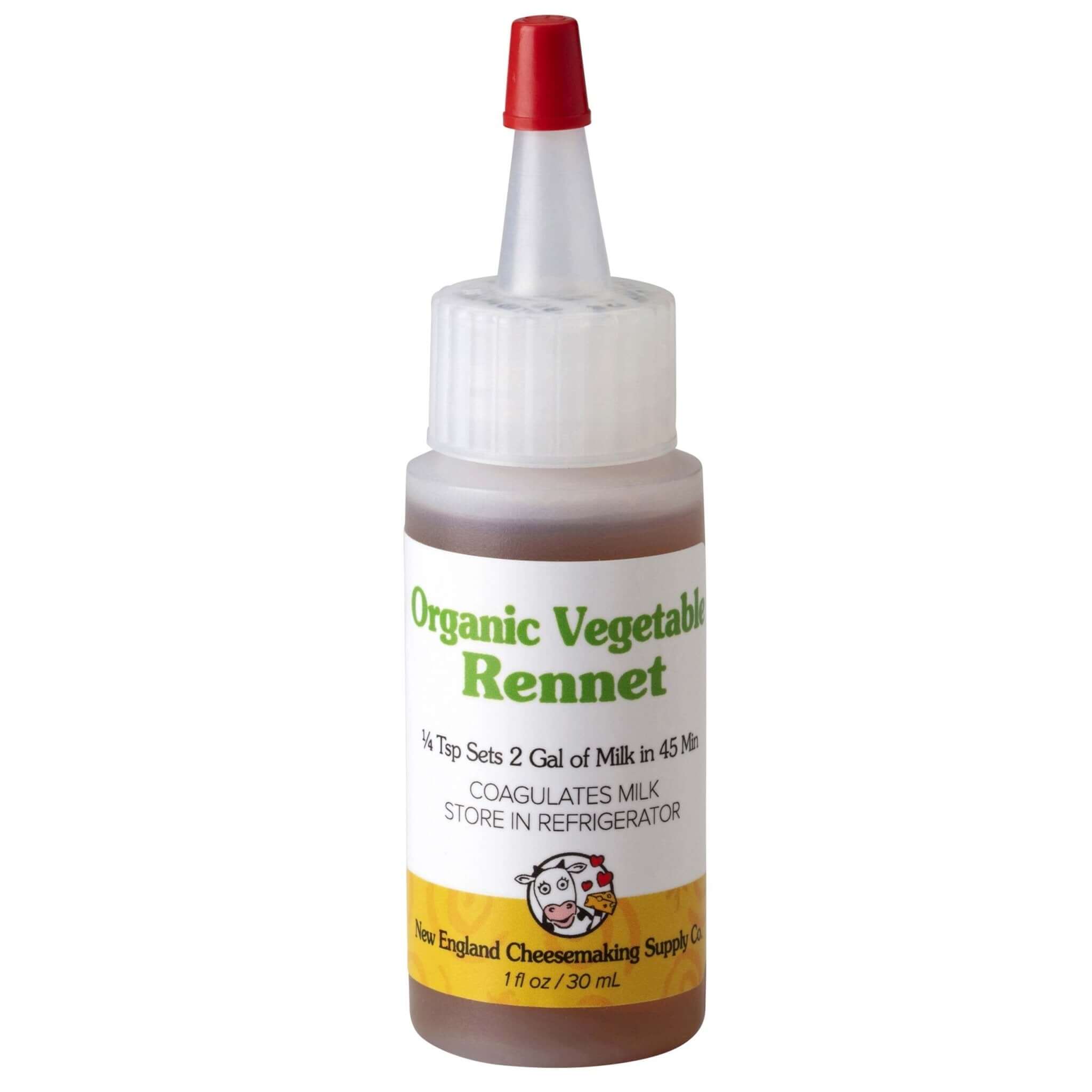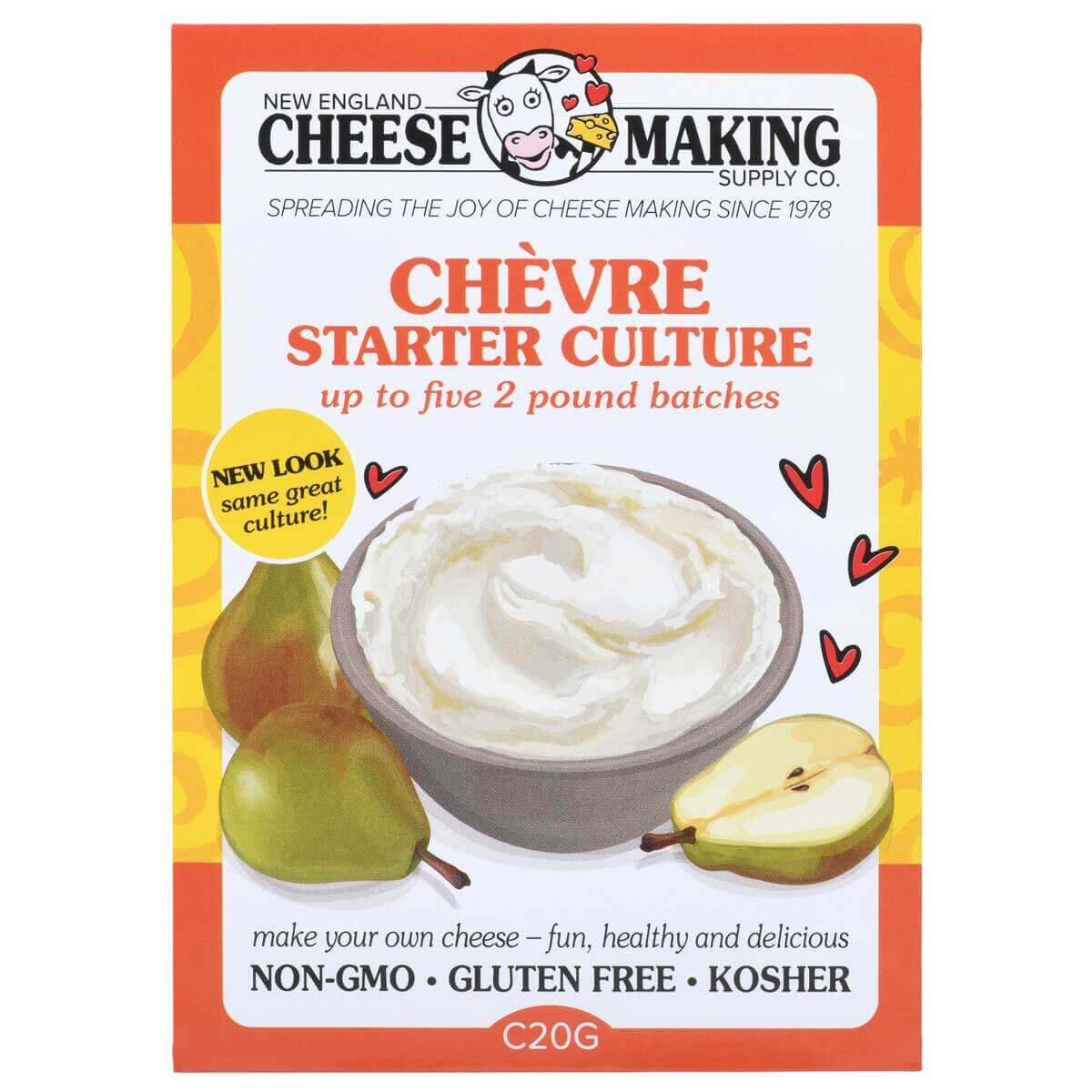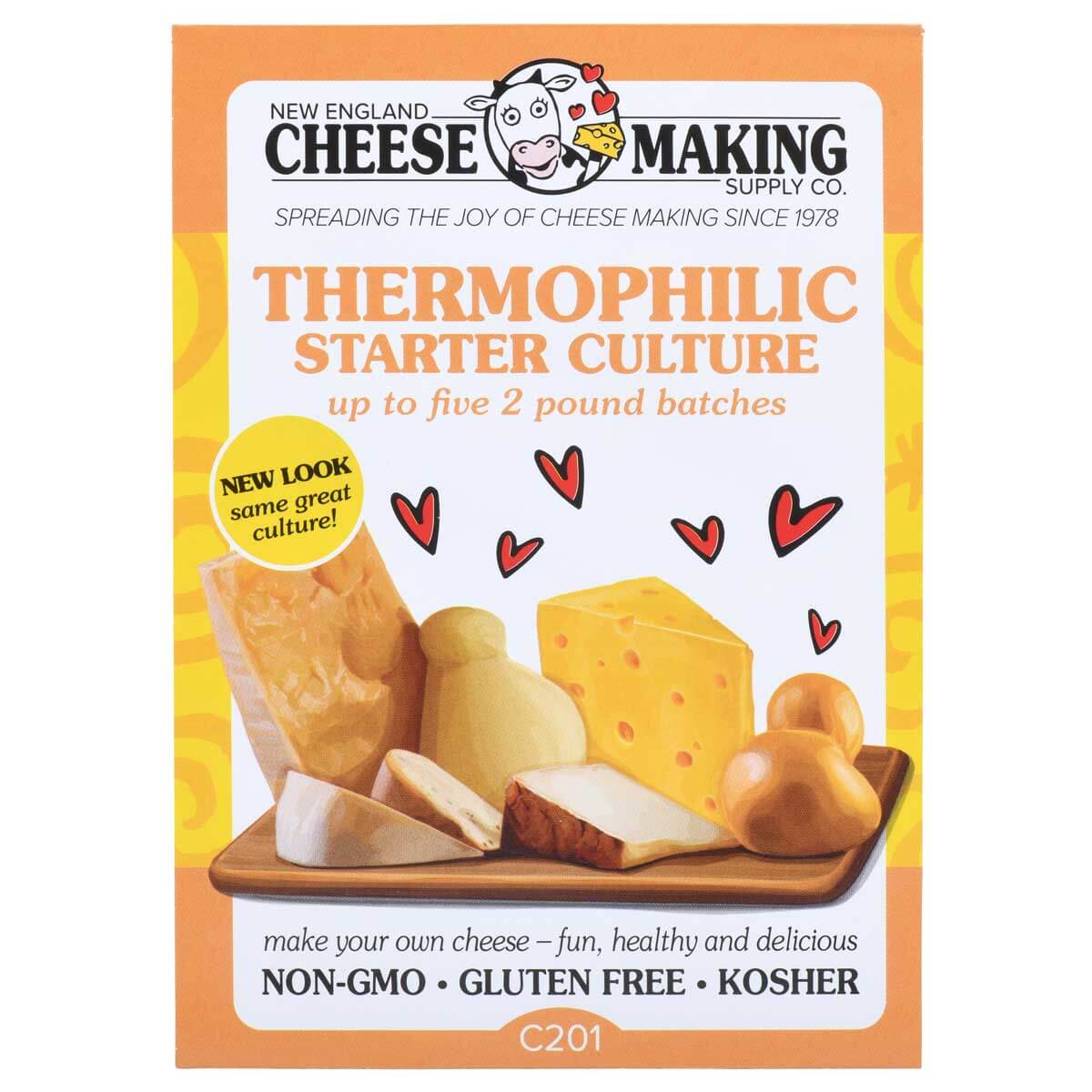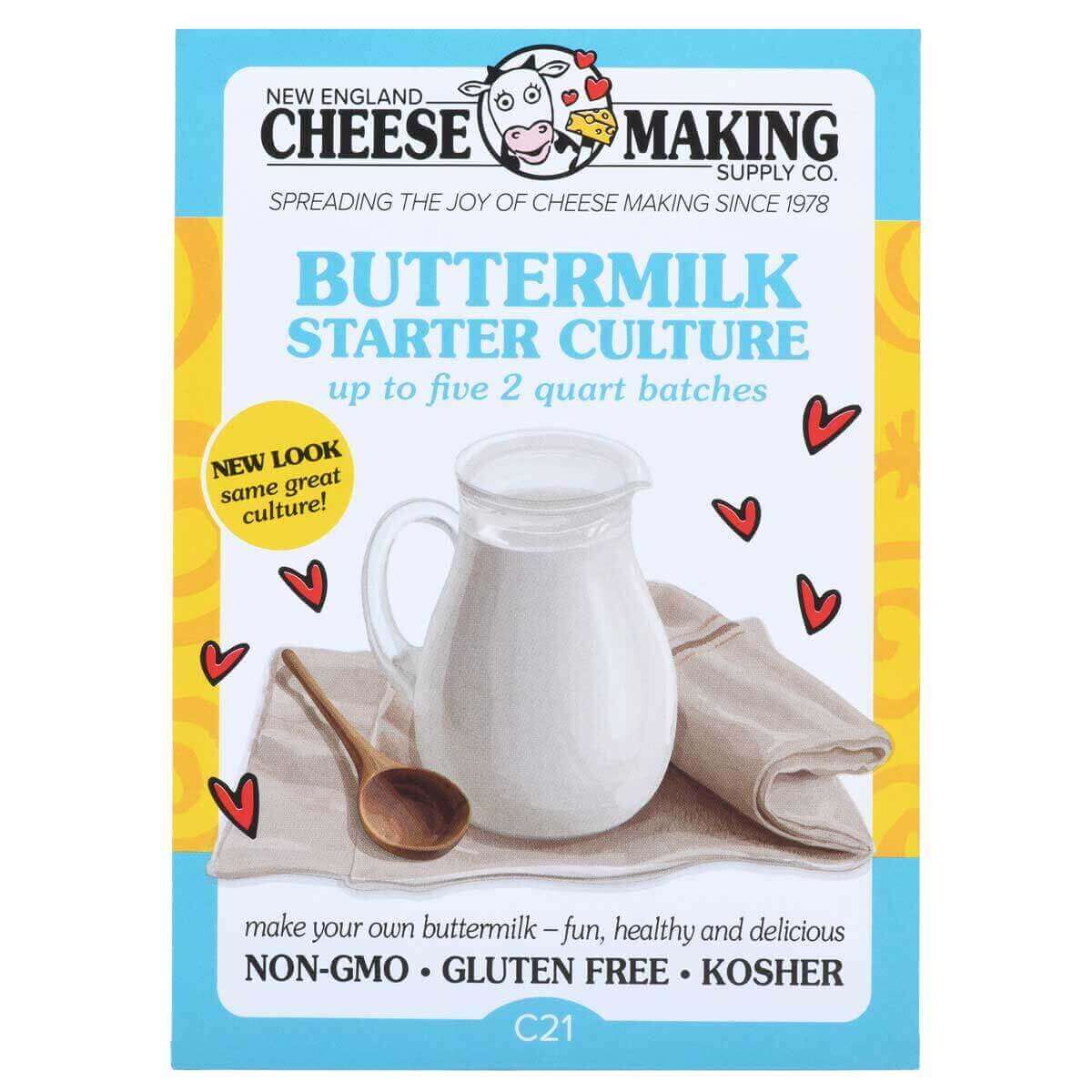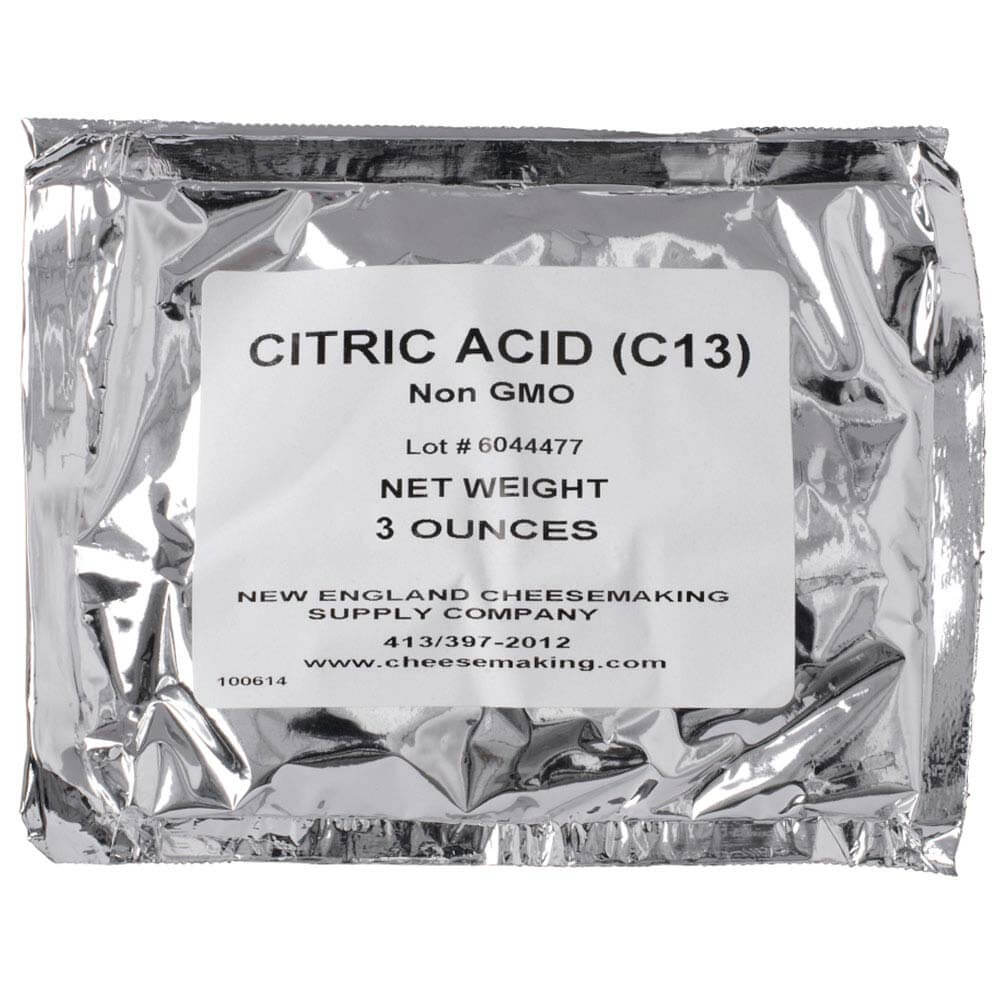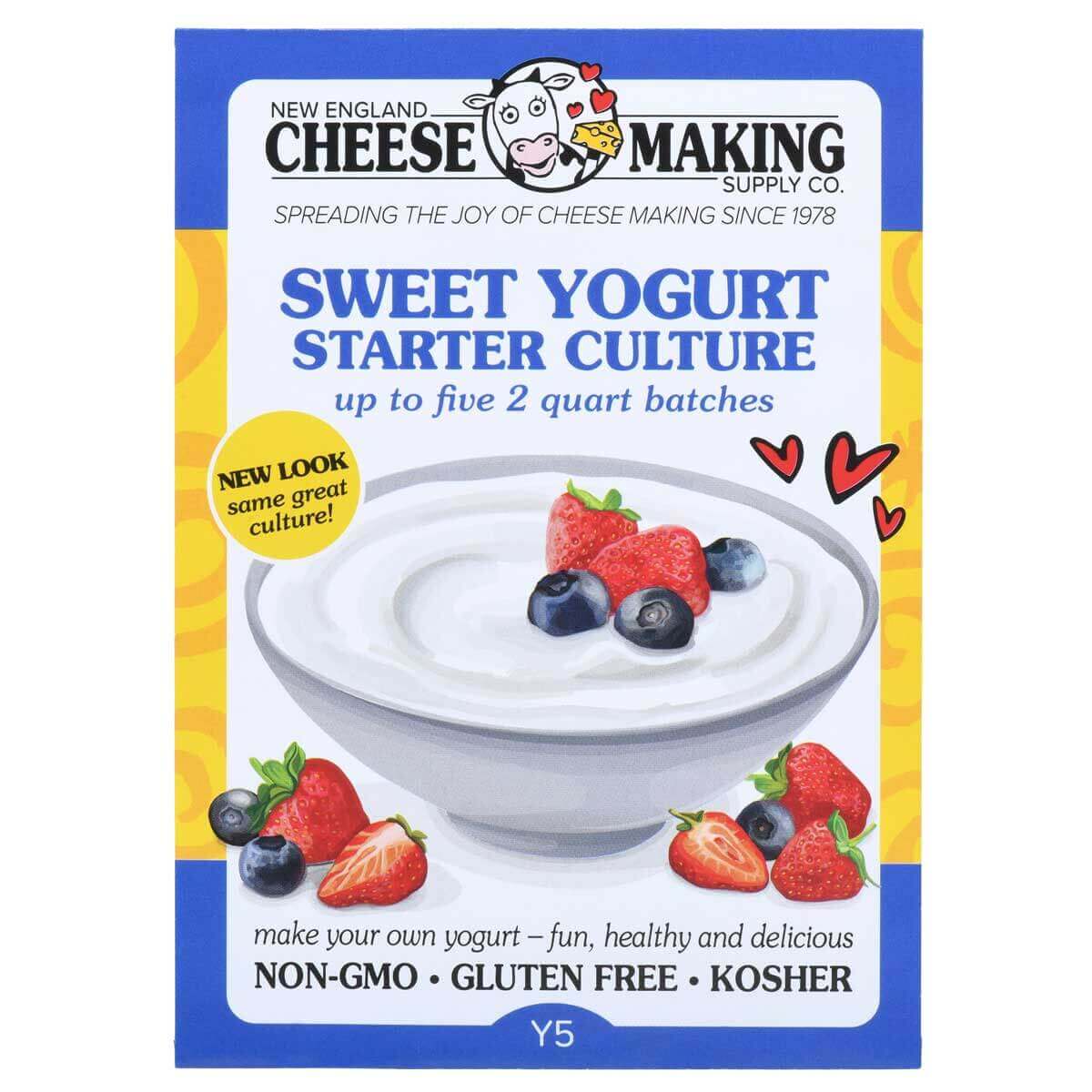 |
| Ward and Barb Halligan |
What if you wanted to have a getaway weekend at a farm in the country and learn to make cheese at the same time? Or, what if you wanted to learn to make cheese but the rest of your family didn’t and you wanted to all be together anyway? Or, what if everyone in your family (even your young children) wanted to learn to make cheese? Or, what if … well, you get the idea!
 |
| Young guest learning to milk a goat |
It’s all there at Barb and Ward Halligan’s bed & breakfast farm-stay in southern Virginia (20 miles above the North Carolina border). Depending on the season, while you’re staying at the farm you might opt to learn cheese making (spring – early fall) as well as: bread making, goat milk soap making, potpourri making, spinning and felting.
You might also choose to participate in the farm chores- gathering eggs, feeding livestock, milking goats, and picking vegetables from the garden.
 |
| Another happy guest milking a goat |
Or, you might just decide to relax and have fun fishing in their pond, hiking their trails, gazing at stars through their telescopes, bird watching, playing yard games, goat packing (hiking with a goat carrying your pack), bicycling (bikes included), horseback riding, and kite flying. They really do have it all!
There are about a million different packages at their website.
When I found them online, I had never heard of a bed & breakfast where you could learn to make cheese, so I had a lot of questions for Barb:
How did you make the decision to own a bed & breakfast farm-stay?
Ward and I worked for AT&T when we lived in New Jersey- we were both middle management. We purchased a small farm in central Jersey right after marriage. In NJ we were the place to visit, as we had the largest parcel of land amongst our friends and some “critters” (poultry and goats) to entertain them.
We had talked about opening a B&B in our retirement years since we both share a gift for hospitality and enjoy country life. We discussed having a few critters around in our retirement years to keep our own love for livestock alive and also for our guests to enjoy.
We moved to Virginia shortly after 9/11 due to Ward’s job being outsourced. I was able to keep my corporate job, but was downsized as well shortly after the move. We discussed selling the farm or opening up a B&B. We decided on the latter since our hearts have been country- even living in suburban NJ. Although not close to retirement, we also decided to run the farm as breed-stock farmers.
Since we had all the land, 92 acres, we researched and thought about the type of B&B we would offer. Since Red Oak, Virginia is in the middle of nowhere, we decided a destination B&B was our best option. We had added different species by this time and thought a farm-stay would be ideal. So, CornerStone Farm was born. We added what we felt would be activities reminiscent of farm-life during the agricultural days of our country, so guest families could experience, at a certain level, what farm-life was like when families operated them.
 So, we went from 8 acres in New Jersey to 92 acres in Virginia. We added donkeys, mini-Jersey cattle, sheep, horses, and alpacas to the diversity on the farm; giving us many options with our guests and livestock buyers. We only breed the goats, cows, poultry, and donkeys at this time.
So, we went from 8 acres in New Jersey to 92 acres in Virginia. We added donkeys, mini-Jersey cattle, sheep, horses, and alpacas to the diversity on the farm; giving us many options with our guests and livestock buyers. We only breed the goats, cows, poultry, and donkeys at this time.
The farm was already here with barns, fencing, a pond and good pastureland. The farm was in disarray, but mostly workable for our needs. Going from a small hobby farm to a relatively large “real” farm was a life change and commitment for each of us. We brought the livestock we had down with us from NJ and added more since we had the room.
How did you learn to farm?
Both Ward and I processed a love for the land and country living, even though we both grew up on small residential partials in suburban NJ. When we started purchasing livestock, we were blessed to have great mentors, both in knowledge and in patience with each of us. We are also avid readers and read a lot on the species we chose to start off with.
Our goat herd grew as did everything else. The Nigerians on average give about 7% butterfat, so their yield in by-products from the milk is greater.
 |
| Kitchen prepared for class |
 |
| Liese teaching guests to make cheese |
How did you learn to make cheese?
I had advertised that we offered cheese making as one of the options available at the CornerStone Farm B&B, Farmer Package. Little did I know that one of our first guests would request cheese making and I knew nothing of it. Thank goodness for my dear friend Gail Putcher, otherwise known by many as “Mother” Putcher. I called “mom” and asked her for very easy, idiot proof, recipes. She gave me two. The one I used is a very simple “farmer’s cheese,” using vinegar as the coagulant.
 |
| Pouring out the curds |
The first batch of cheese was scary and yet a fun time with our B&B guest. I didn’t have time to try it on my own, so it was – “let’s hope this at least turns out to be something edible, since I don’t even know what it is supposed to look or taste like.” This experience got me hooked on cheese making.
After that first “fly by the seat of my pants” experience, I contacted New England Cheesemaking Supply and ordered their beginner book with many recipes, along with the needed equipment to present ourselves better.
A good friend of ours, Liese, at the same time started making more complicated cheeses and I asked her if she would be willing to partner with me in offering one day basic cheese making classes at the farm. We have been able to offer these on a limited basis from the spring through fall, and have found them enjoyable for those in attendance.
The Nigerian milk is sweet and high in butterfat, which offers a pleasant surprise to those attending. Some are not sure they will like goat milk’s cheese because of the typical “goaty” flavor associated with some commercial goat cheeses. After sampling what’s made, they enjoy the flavor. With these recipes, you can use either goat’s or cow’s milk. Since it is illegal to sell goat’s milk in Virginia, the attendees leave knowing they can create cheese from pasteurized store-bought cow’s milk.
What kinds of cheese do you make in your classes?
We make chevre, mozzarella, and still the farmer’s cheese- all easy soft cheeses. Our classes are about 6 hours long and we provide a lunch as well, so our choices are limited. At this time, most attendees are only interested in simple easy recipes that they can do at home with good results.
 |
| Preparing to hang the curds in cheesecloth |
Do you use only goat’s milk in your classes?
At this time, yes. Since we can not sell the milk and we have an over-abundance of goat’s milk, it is the best solution for us. Some attendees have goats and want to know how to produce something from their own milk. Others realize they can not get goat’s milk, so cow’s milk will have to do when they go home.
Are the cheese making classes popular?
Of all the farm-crafts we offer at the farm, cheesemaking is the most popular, followed by goat soap making. The milk for soap can be sold because it is not being consumed. The most difficulty we have at this time is getting the schedule coordinated with those interested in attending. We are limited in the size of our classes, so getting everyone together at the same time has been our most challenging aspect.
What do you think is the key to your success?
Families that come here for vacation really enjoy stepping back in time, and seeing what it must have been like decades ago when family farm-life was the norm. It is not only a family vacation, but an education for them – even for the adults. The most popular package we offer for vacationers is the “Farmer Package,” where family members get out and help with the chores. Guests not only help with all the farm chores, but are exposed to the fun side of farm life as well; such as hiking, fishing, goat packing and horseback riding.
Cheesemaking is one of the amenities they participate in as a family. This includes milking the goats, where they receive an “I milked a dairy goat” ribbon to take home with them. What the guests find most enjoyable about the chores is eating the fresh eggs they gathered and making cheese from the milk they got from learning how to hand-milk goats.
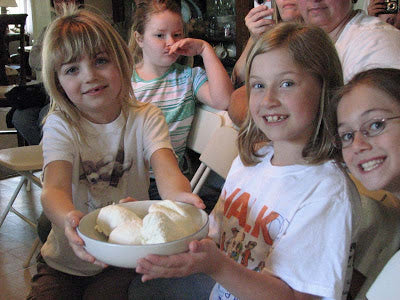 |
| Homeschoolers passing the farmer’s cheese after pressing through cheesecloth |
This is most rewarding for us as well, sometimes even more so than the cheese classes themselves. Guests, especially children, understand from start to finish what it takes to get the cheese made by hand. The mystique is taken out of it when they are involved in the care and feeding of the goats, the harvesting of the milk, and the production of their own cheese from scratch. The actual separation of the curd and whey is the most intriguing part of the process to the guests. And of course at that time, “Little Miss Muffet” has to be brought up and recited.

